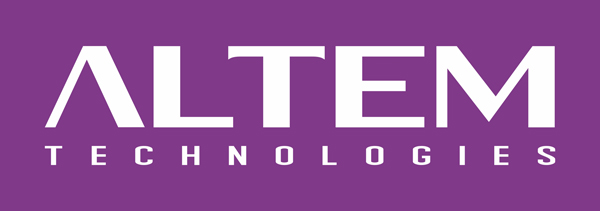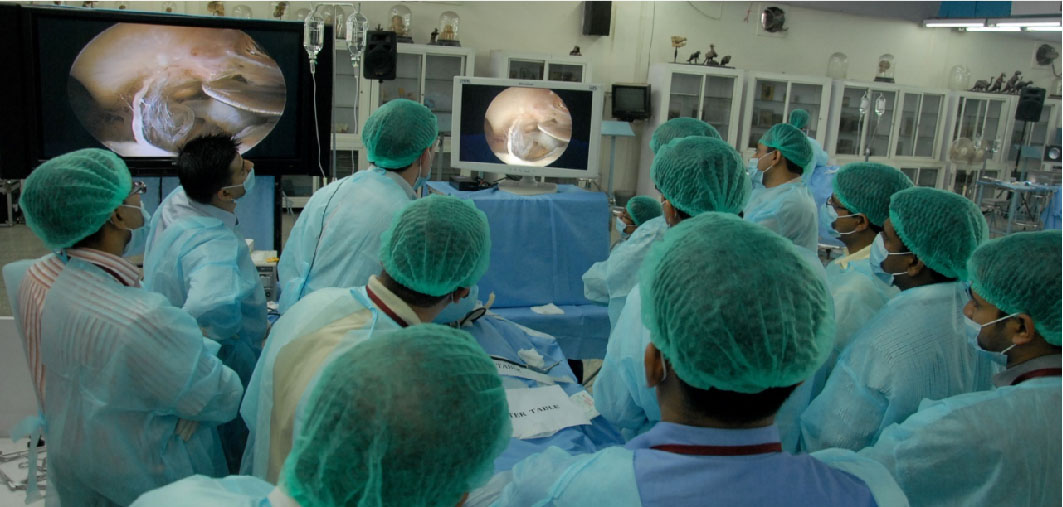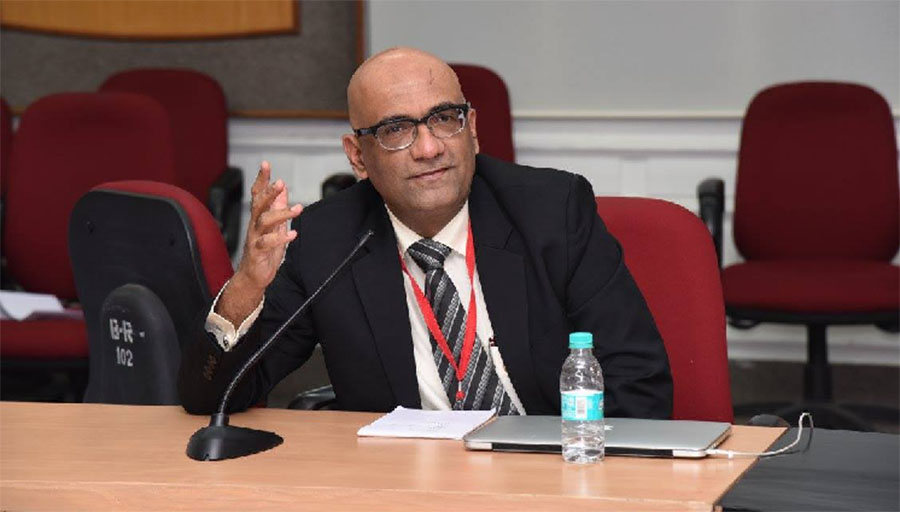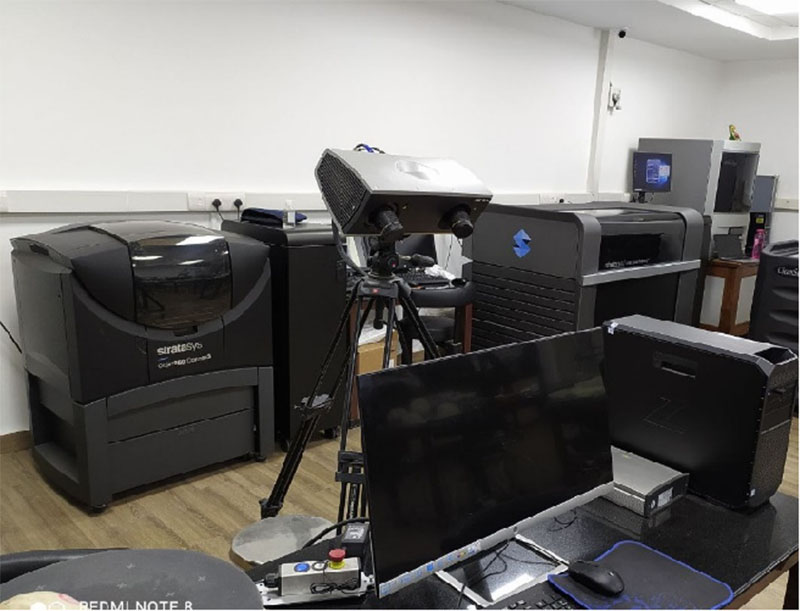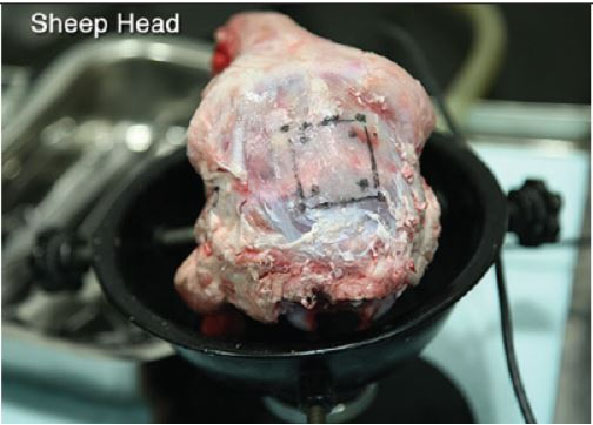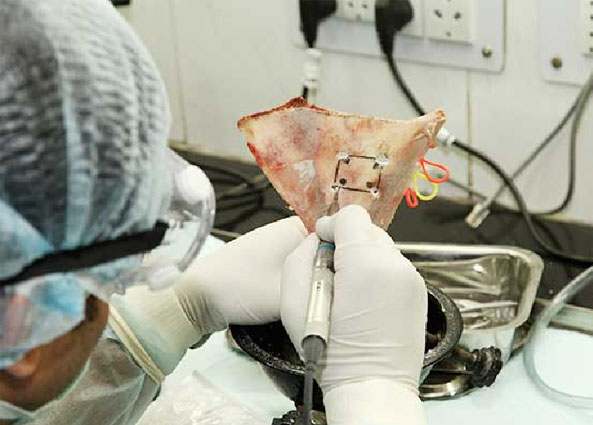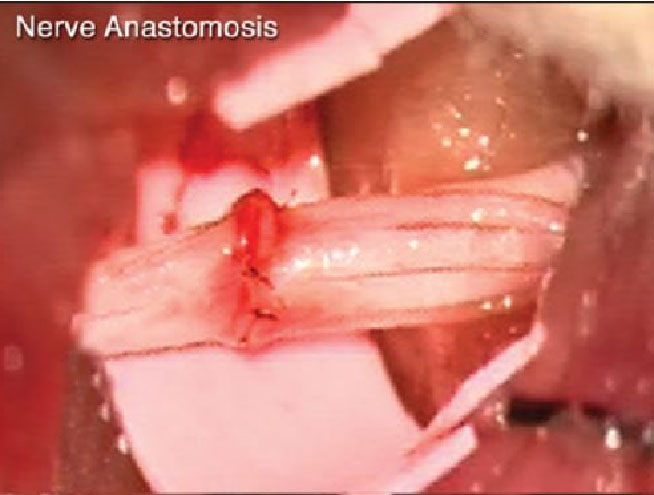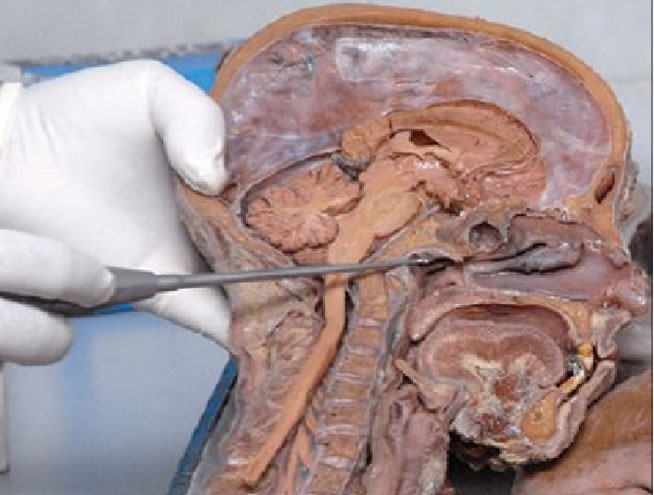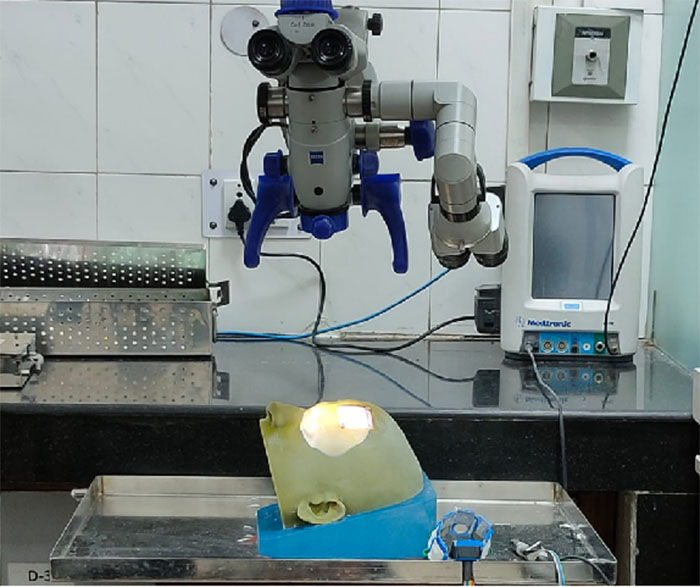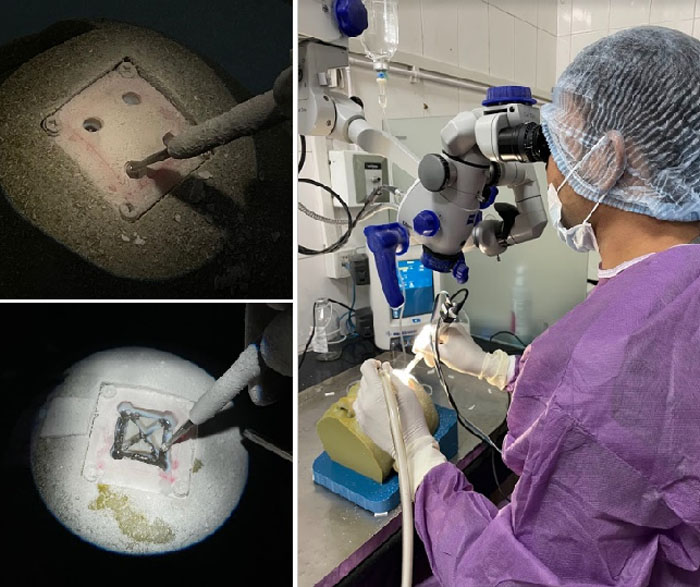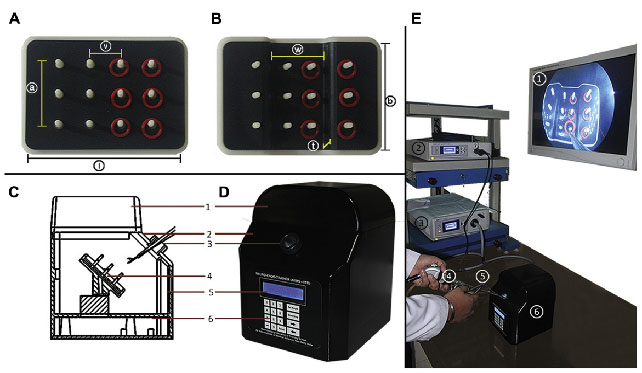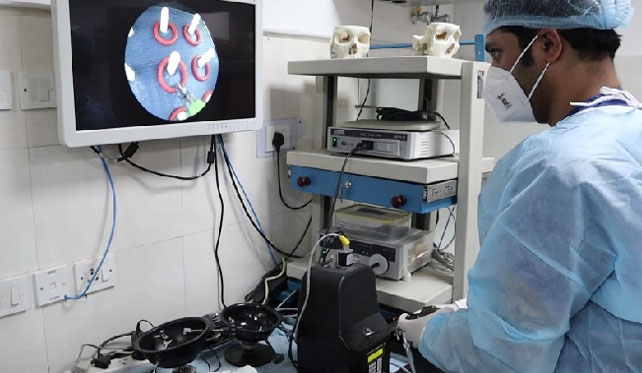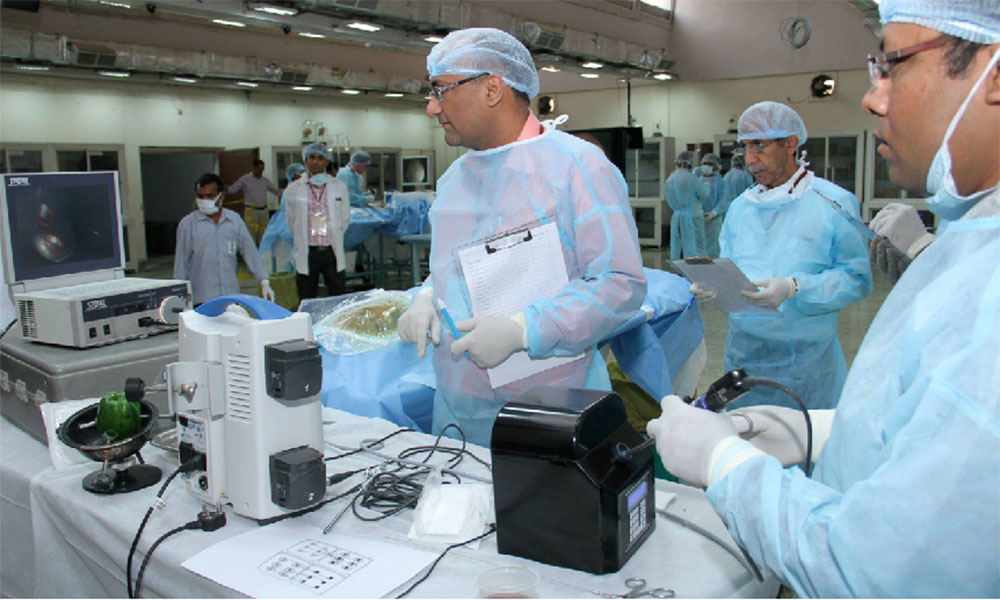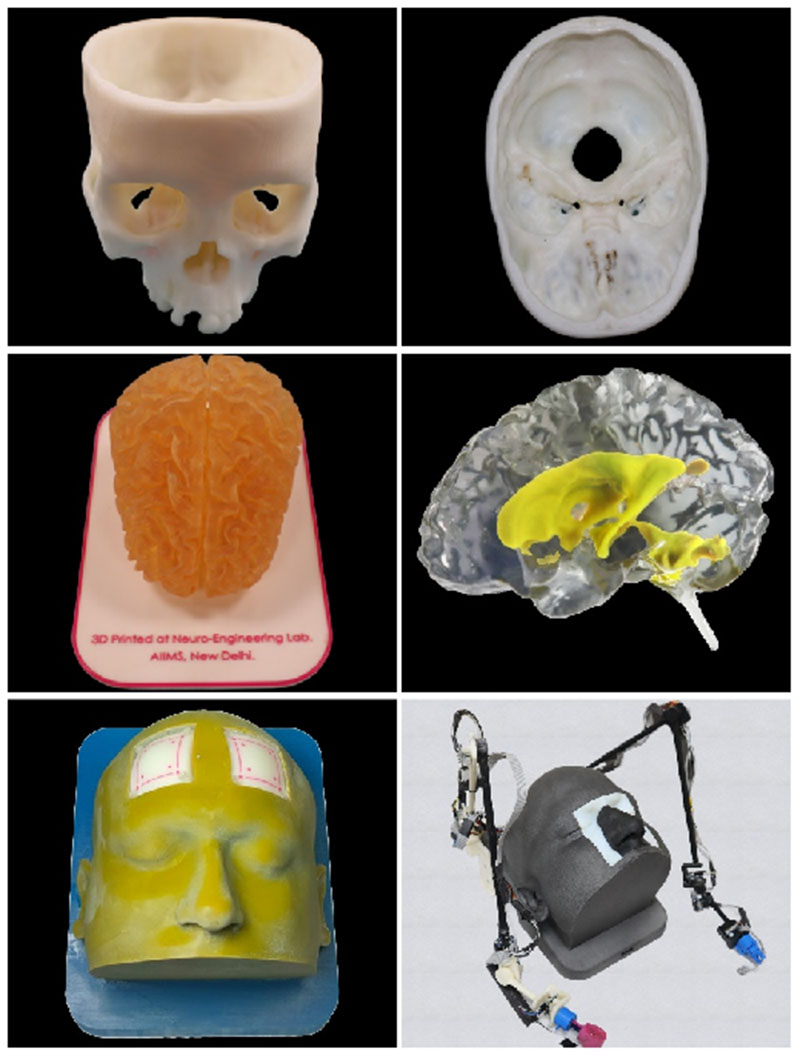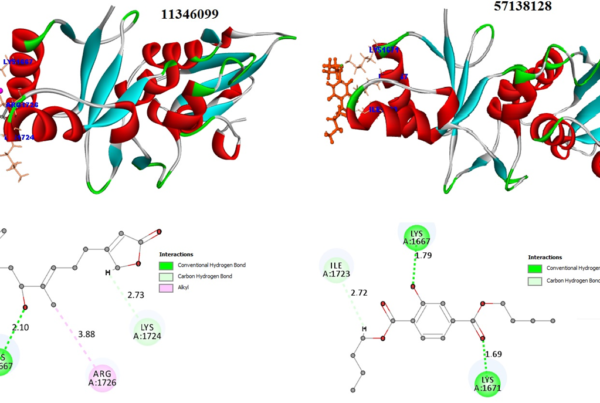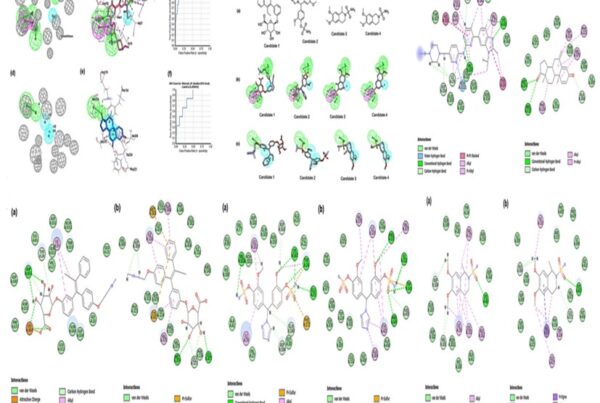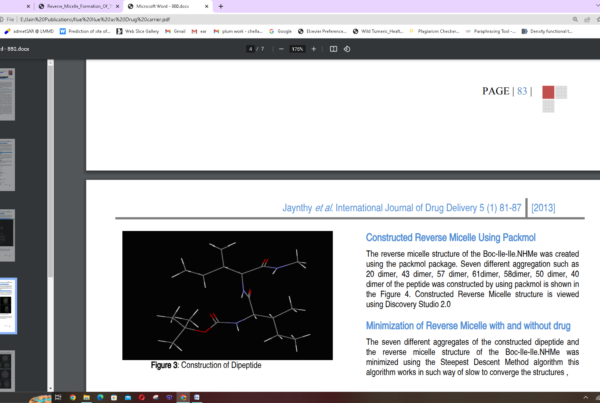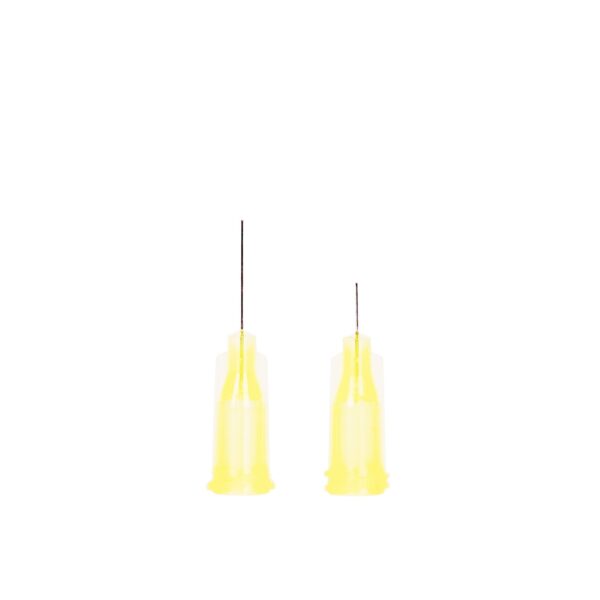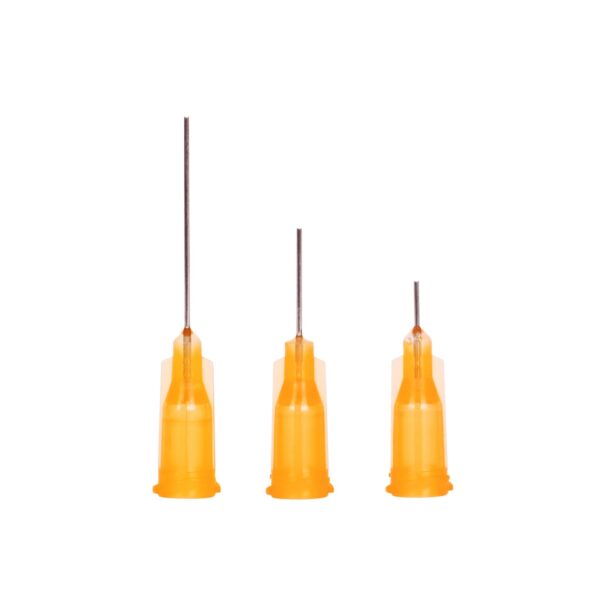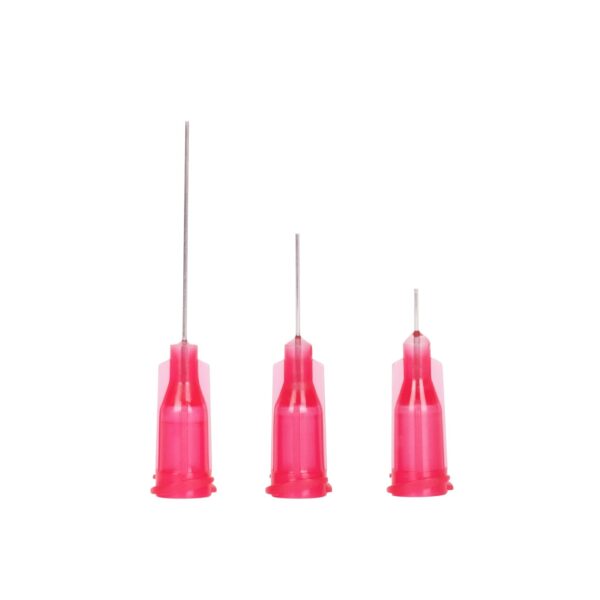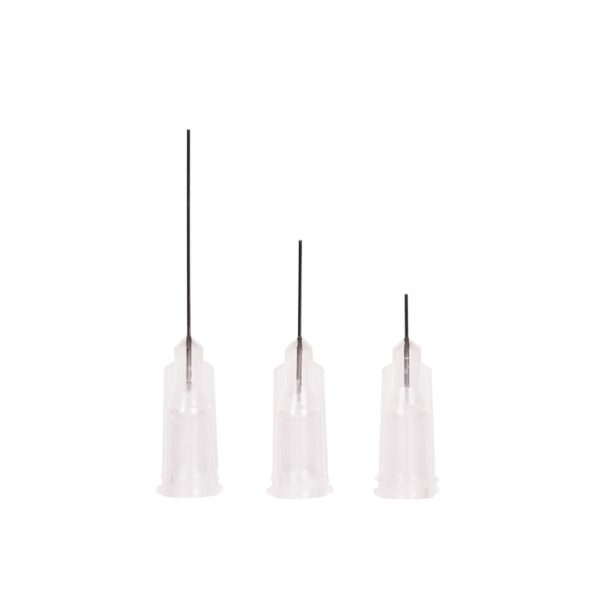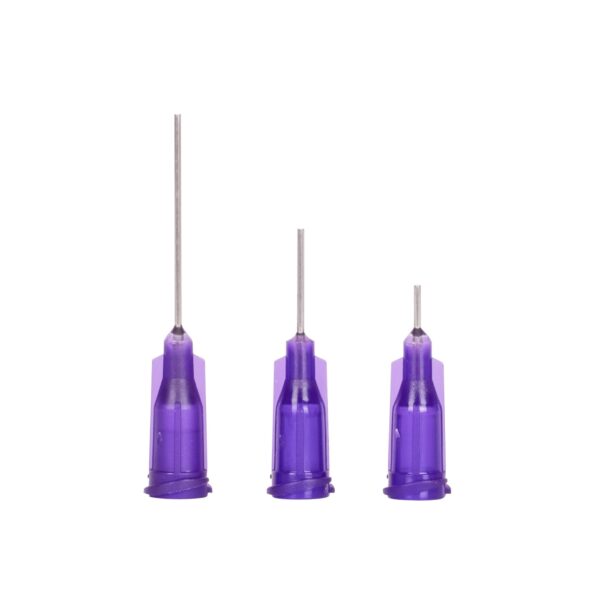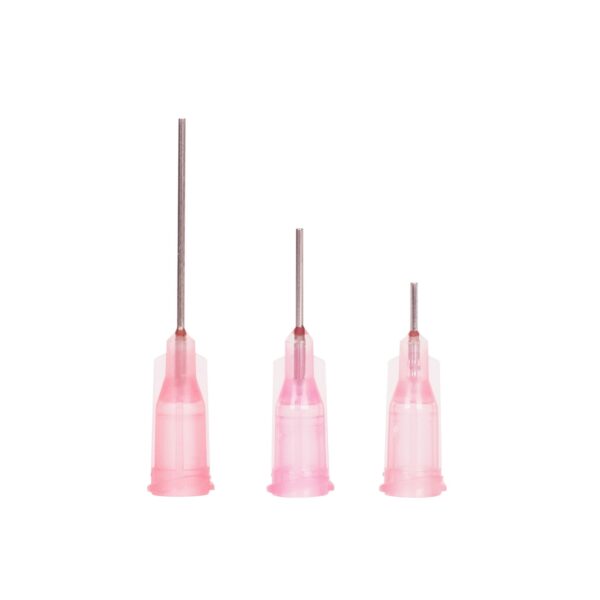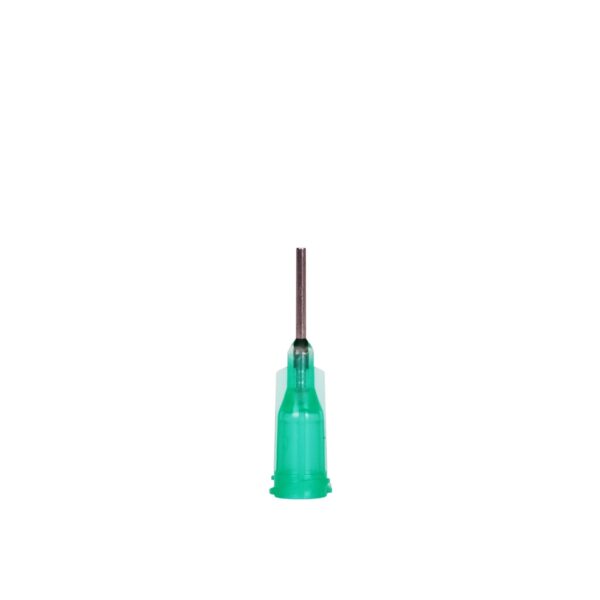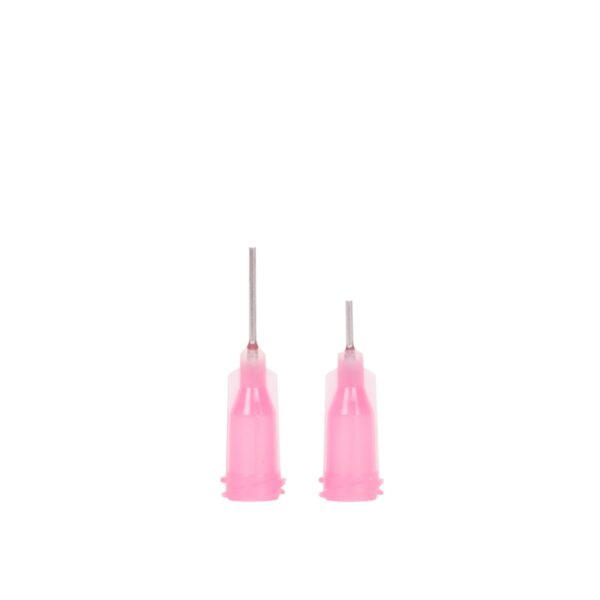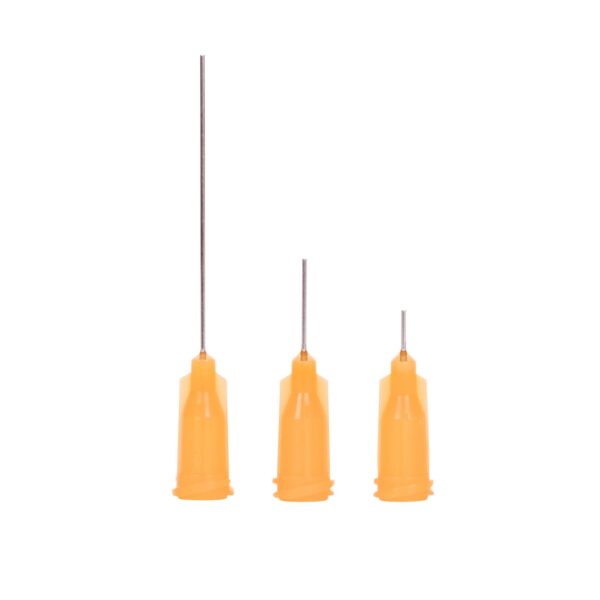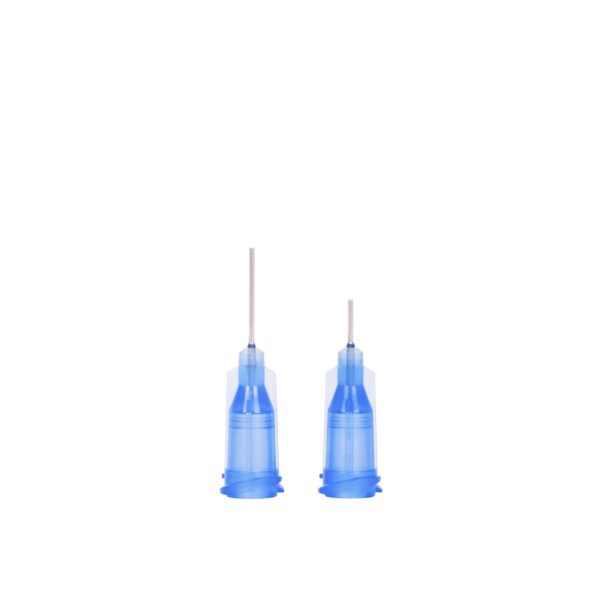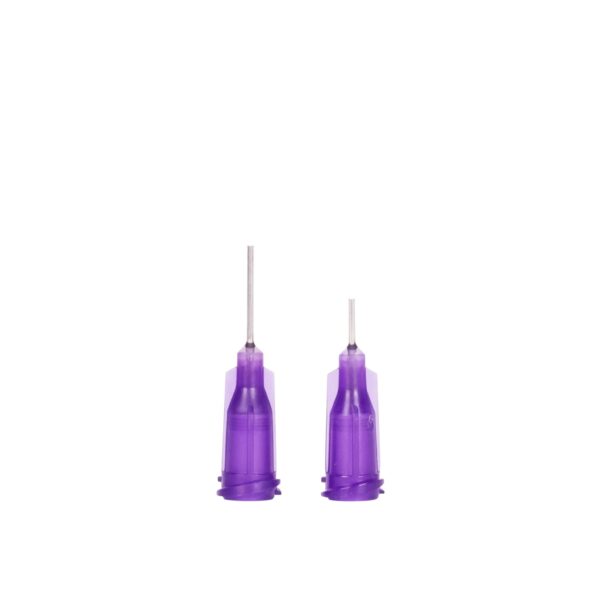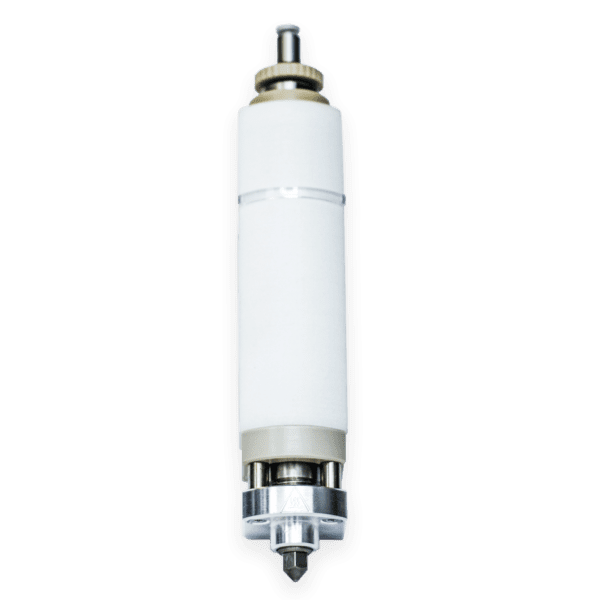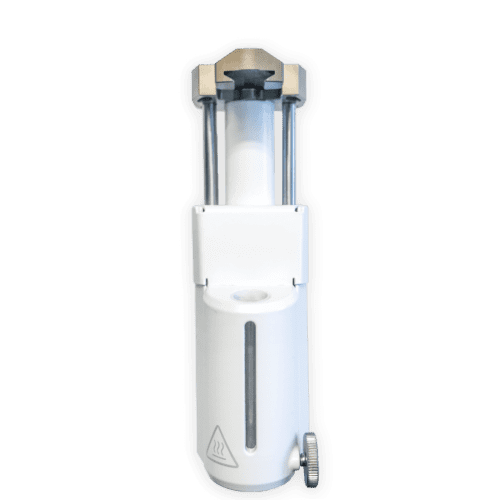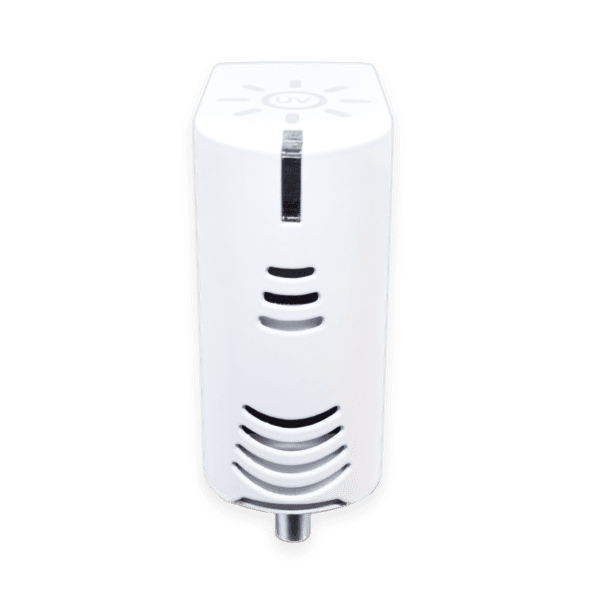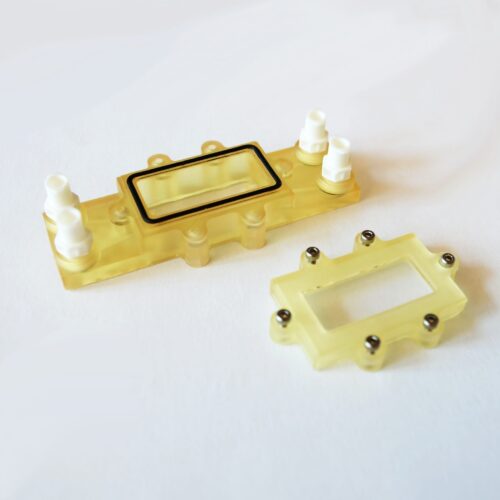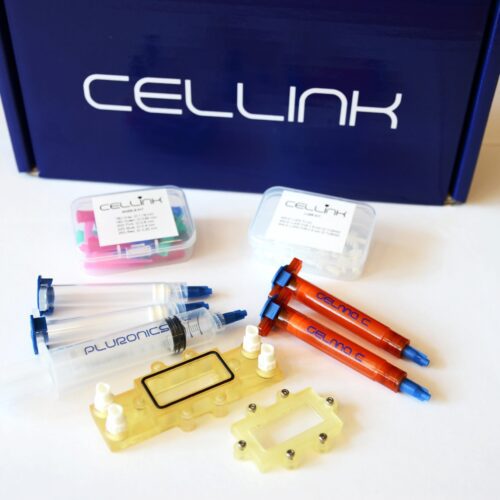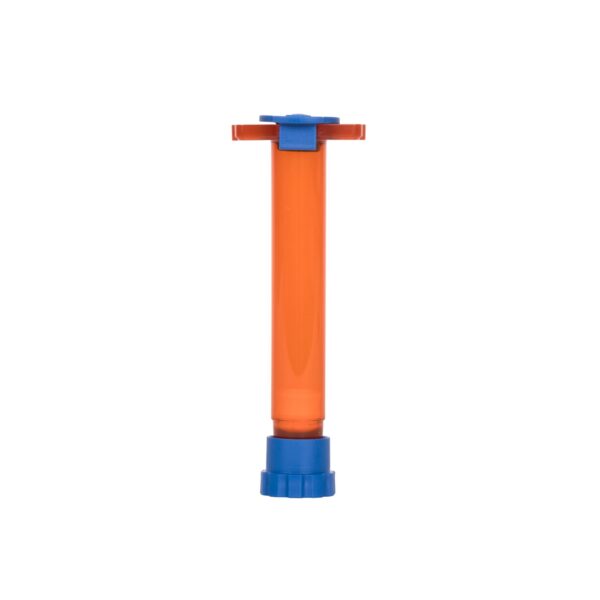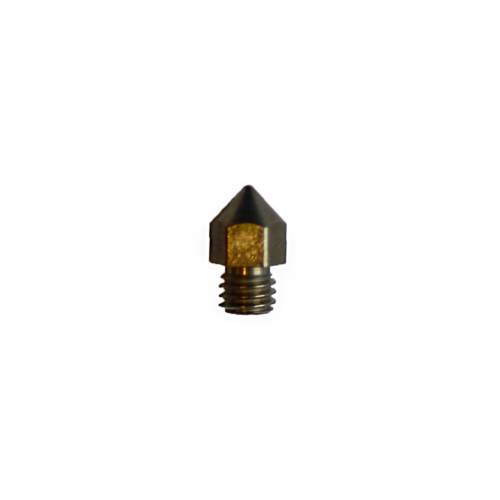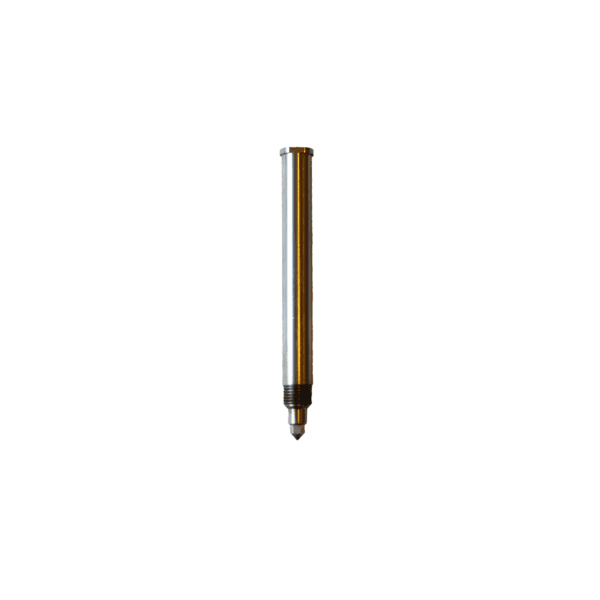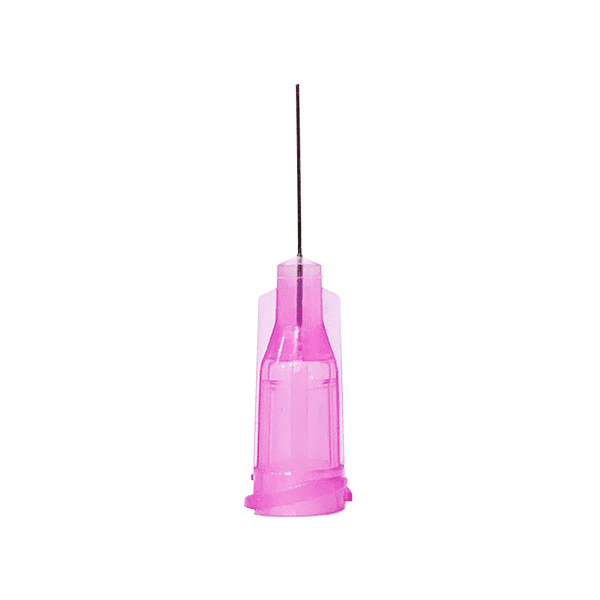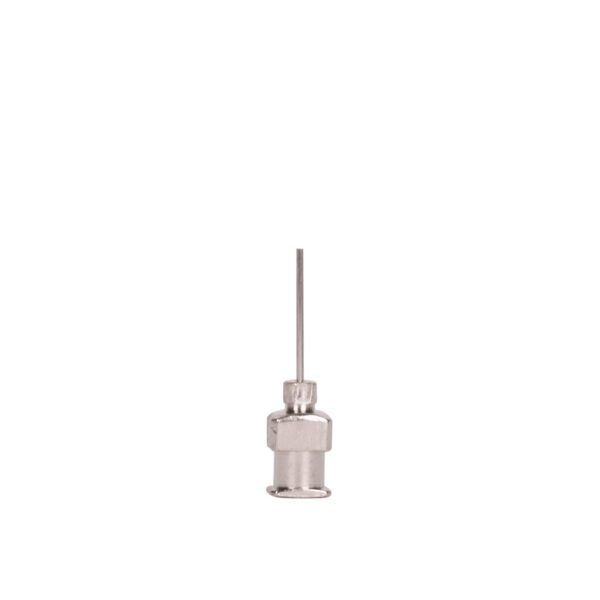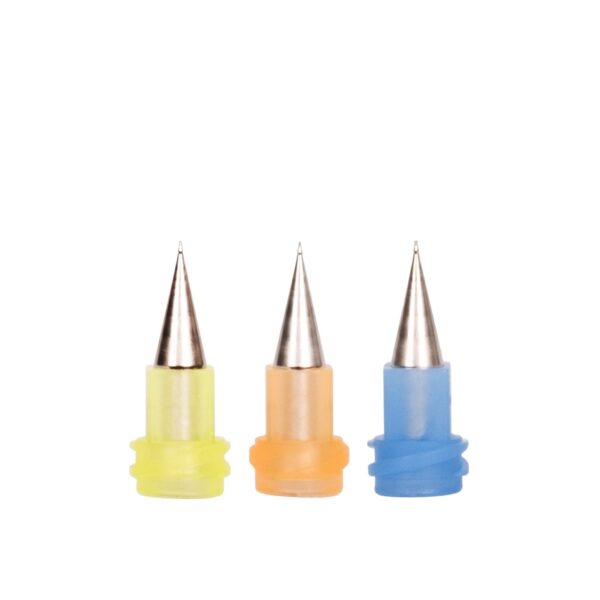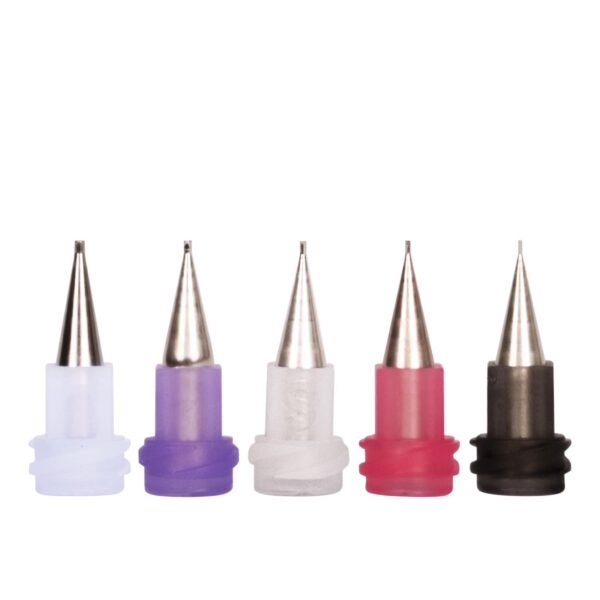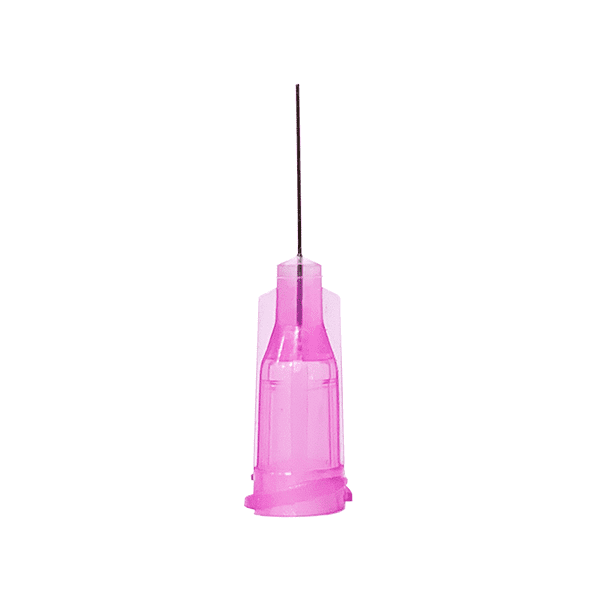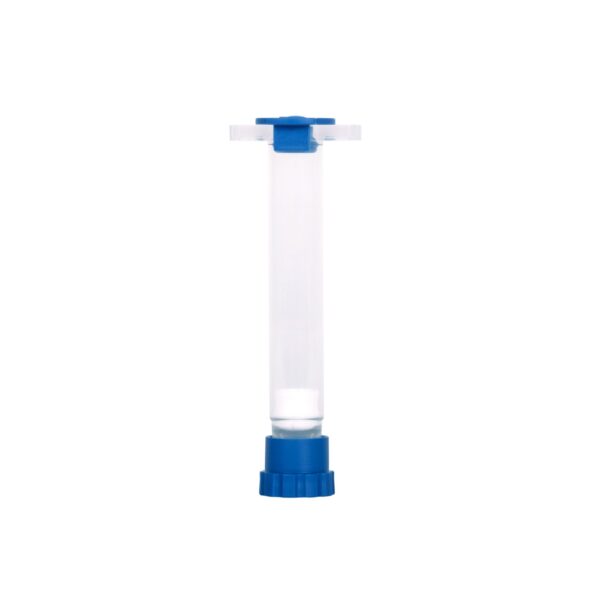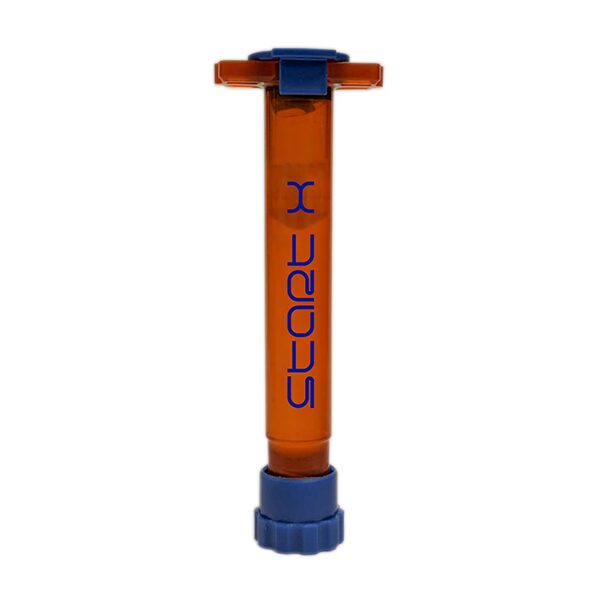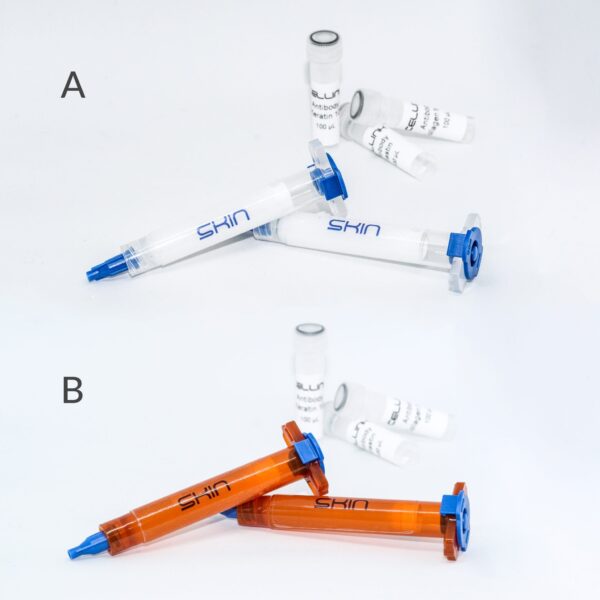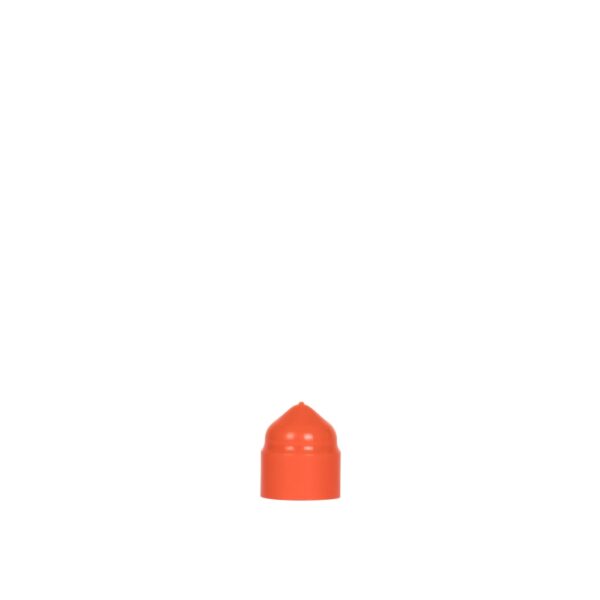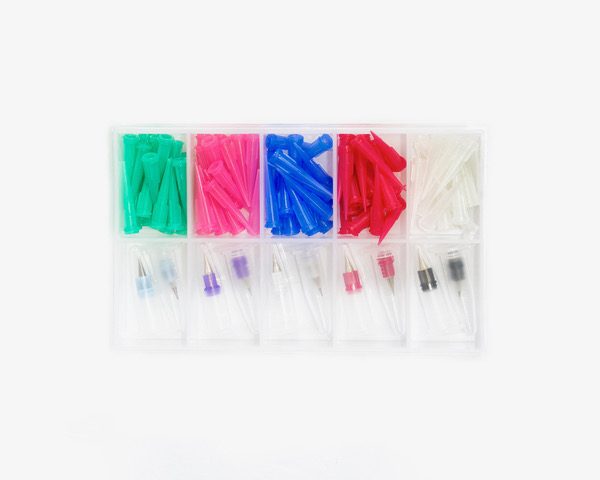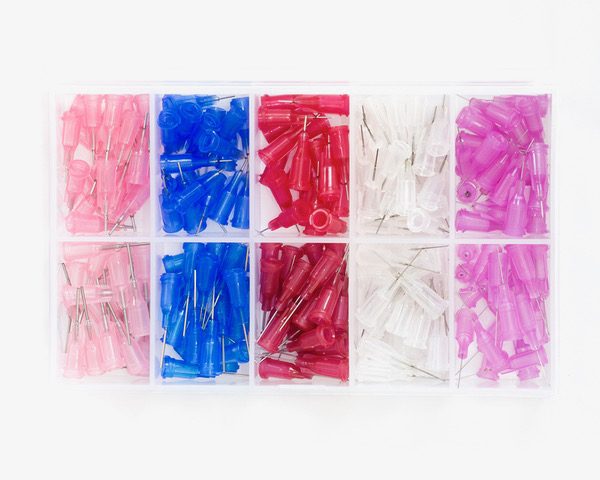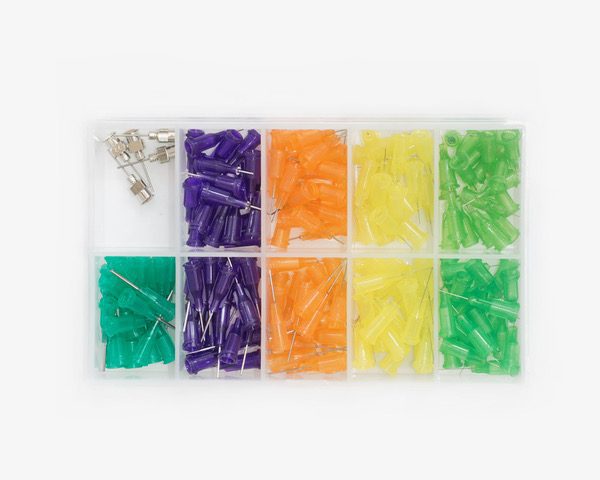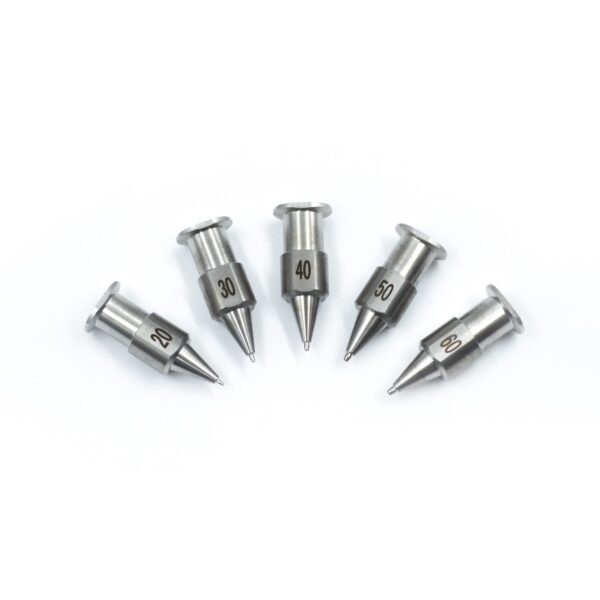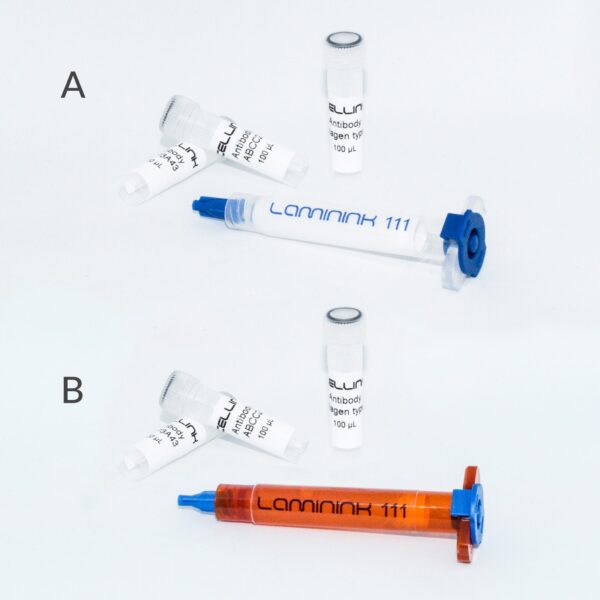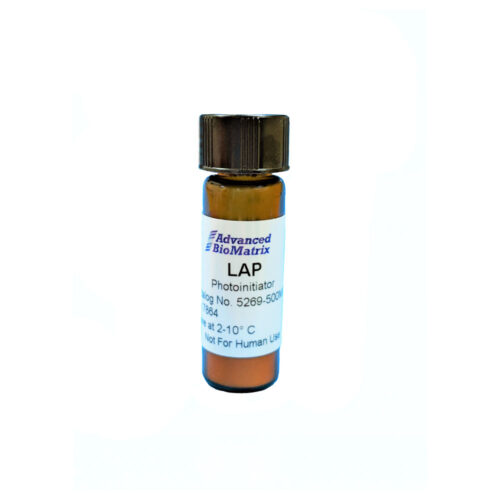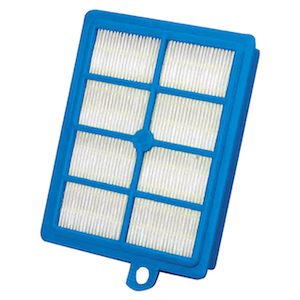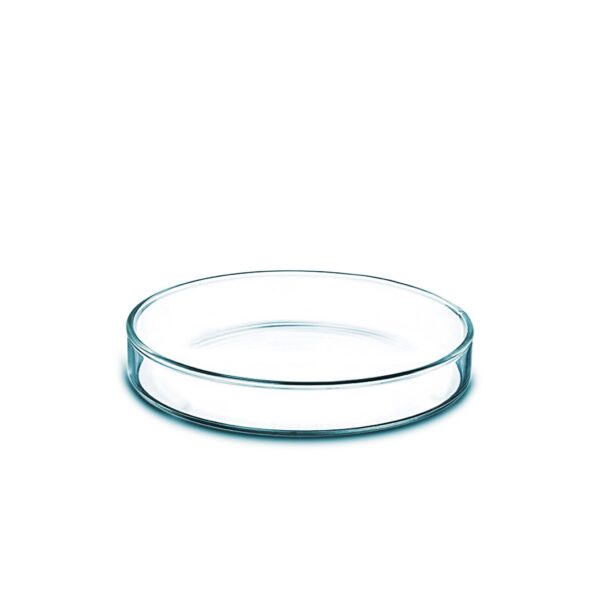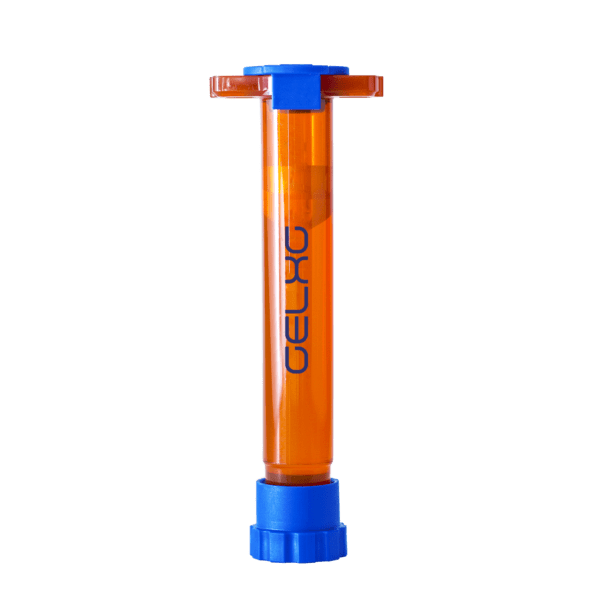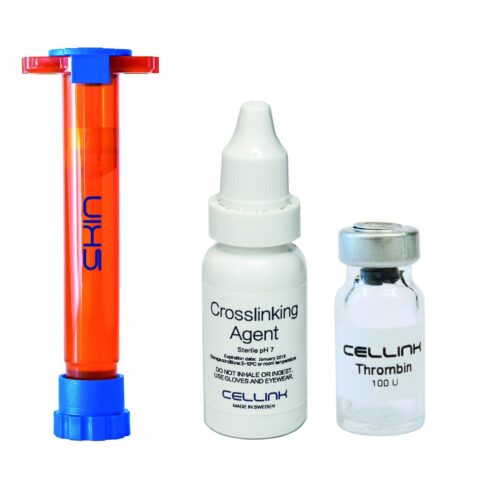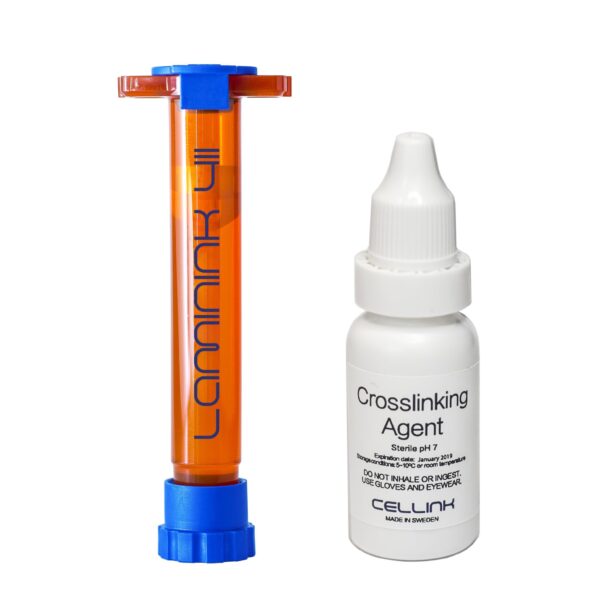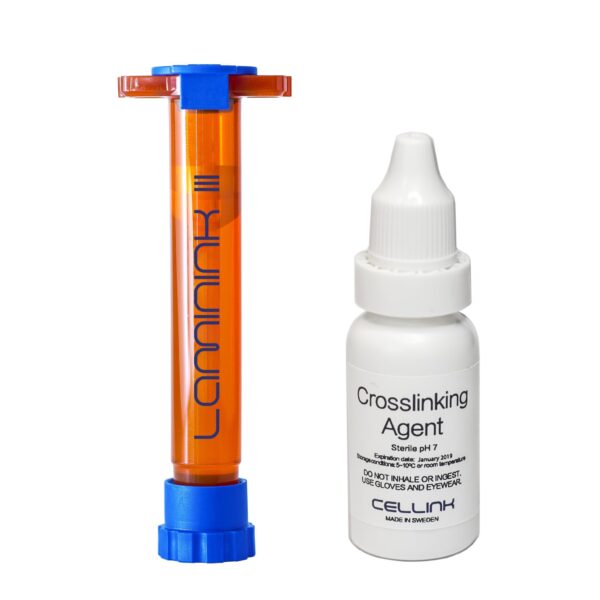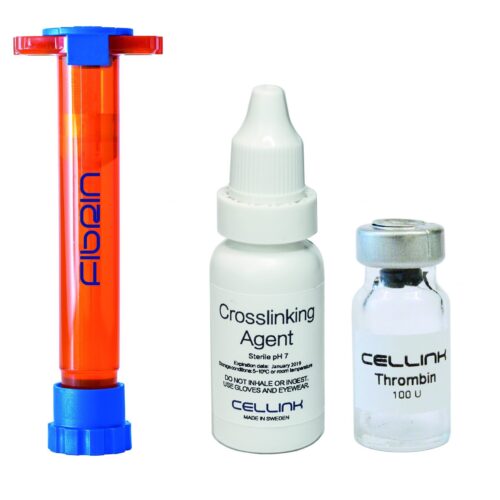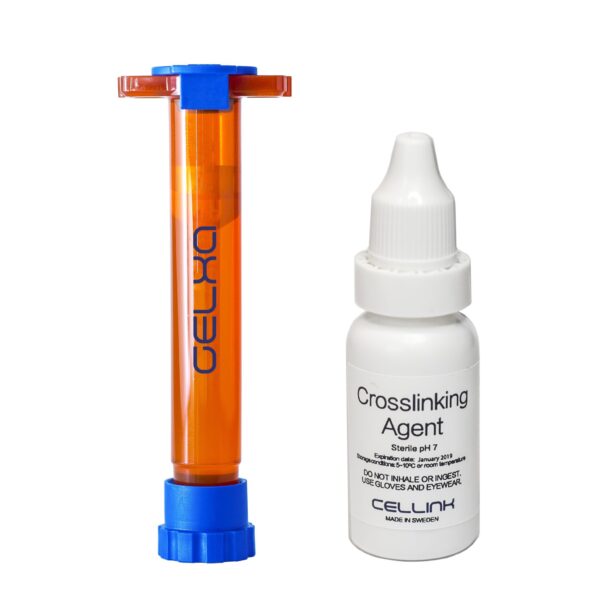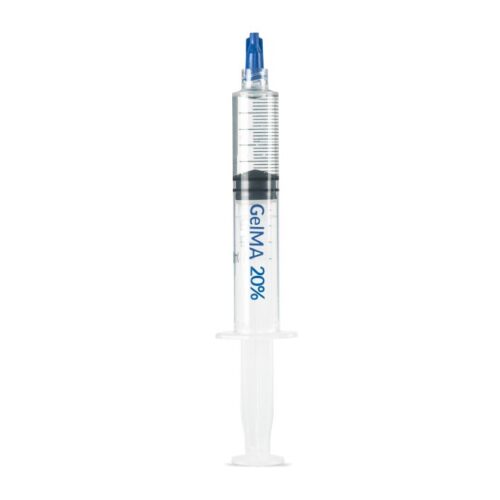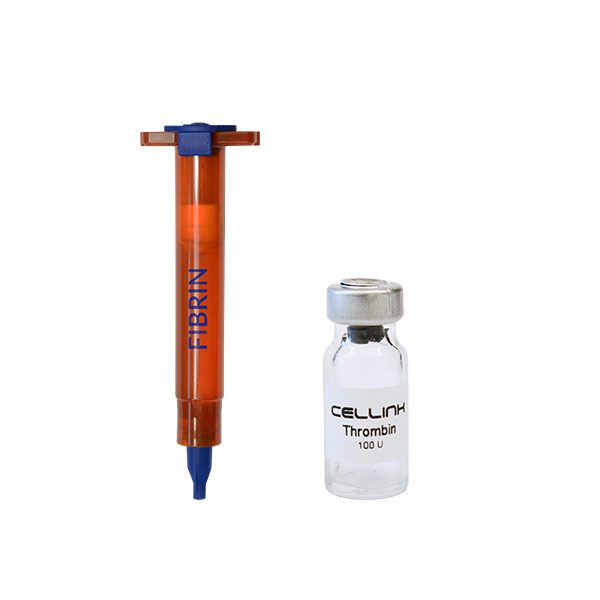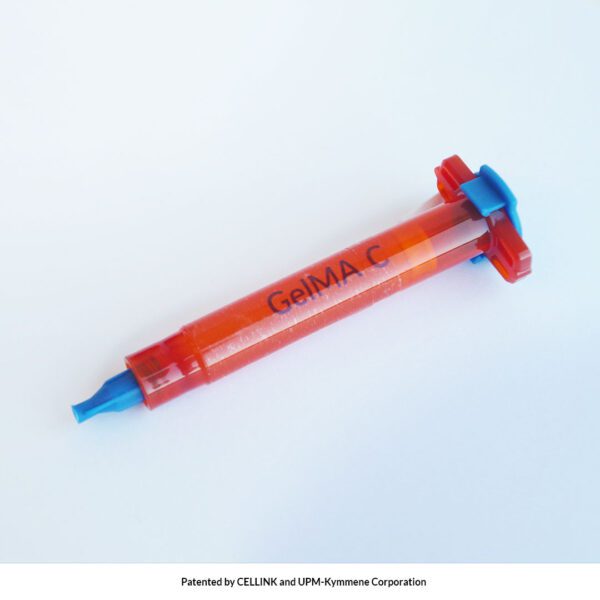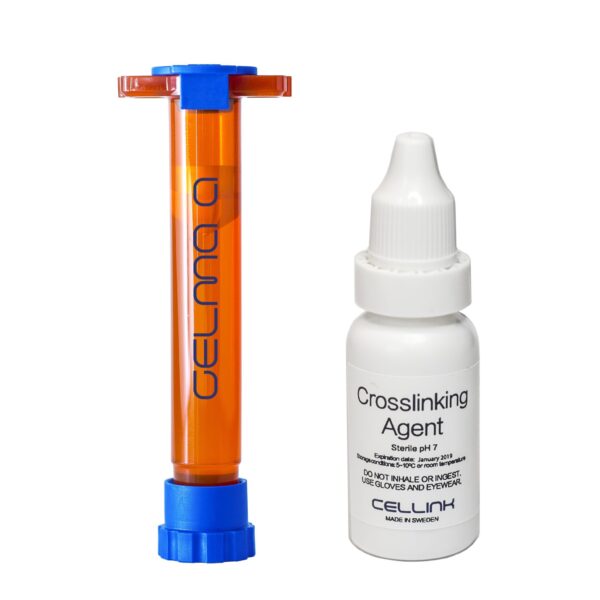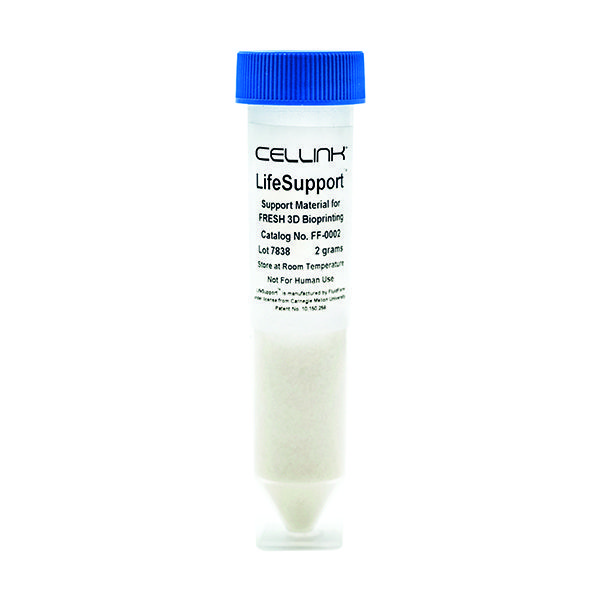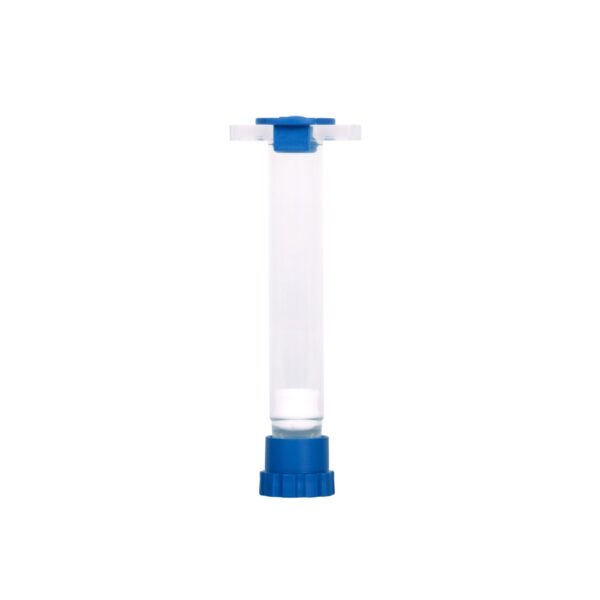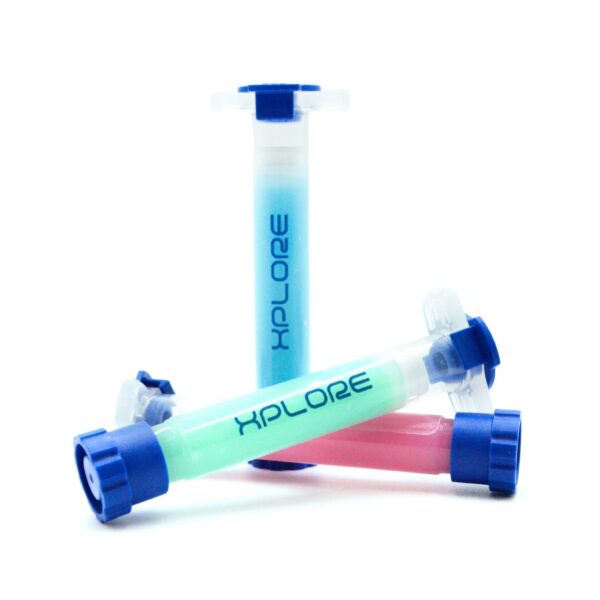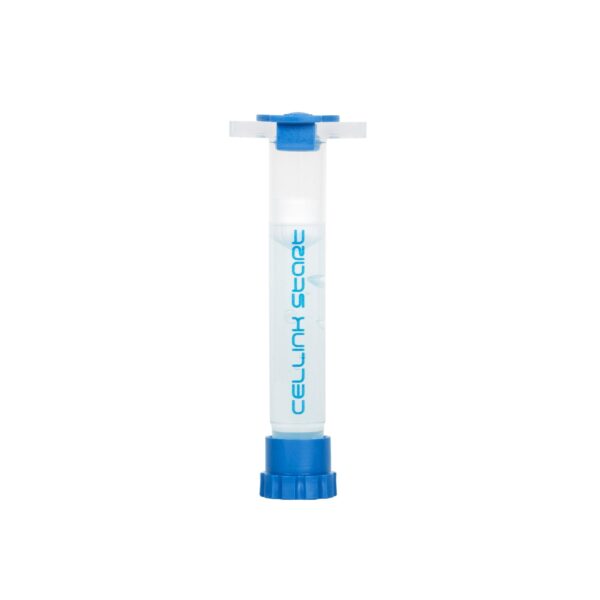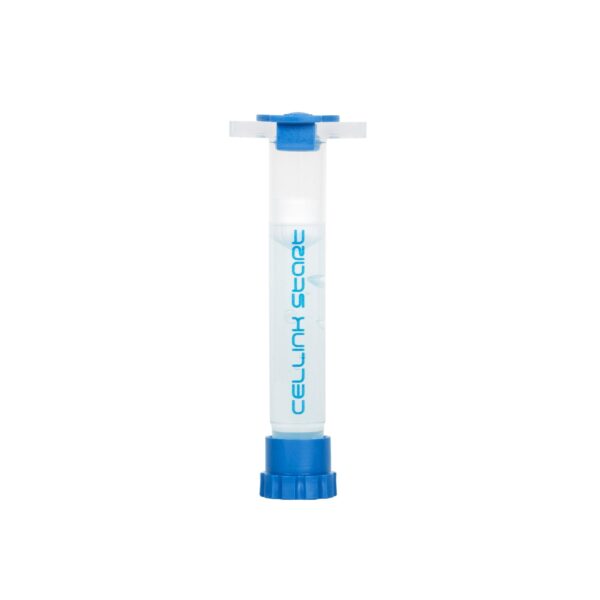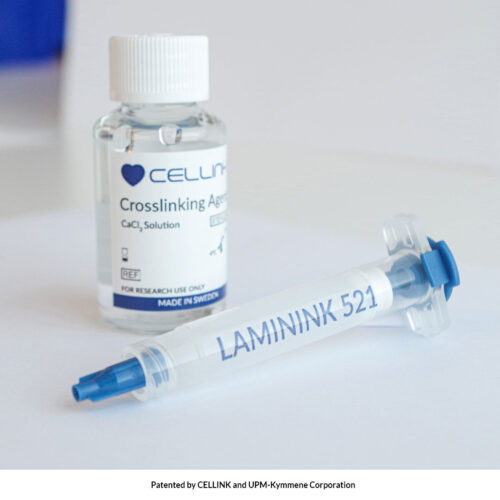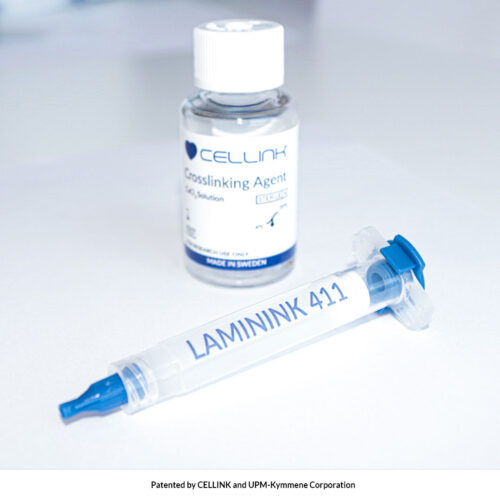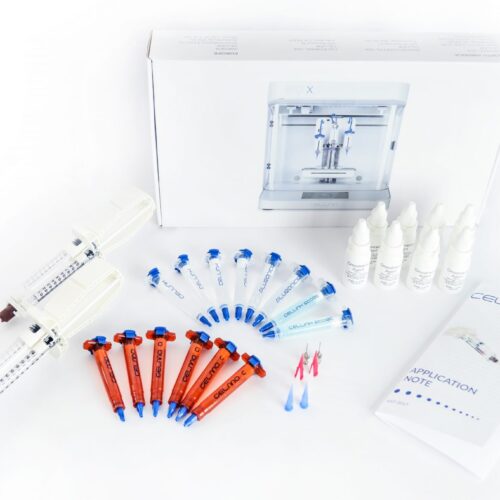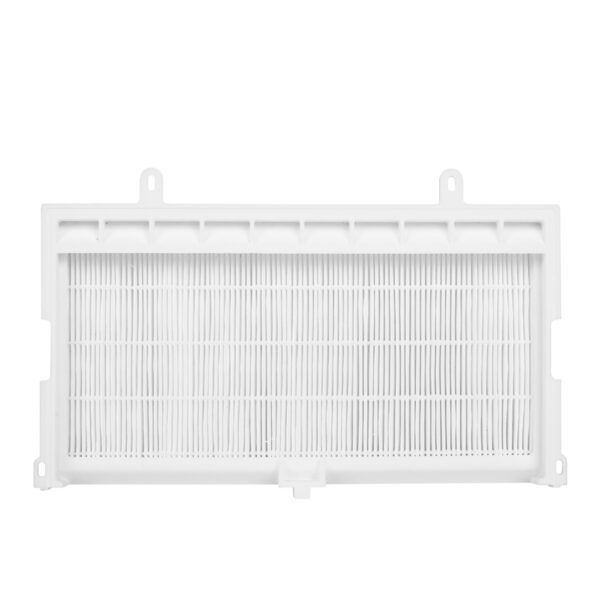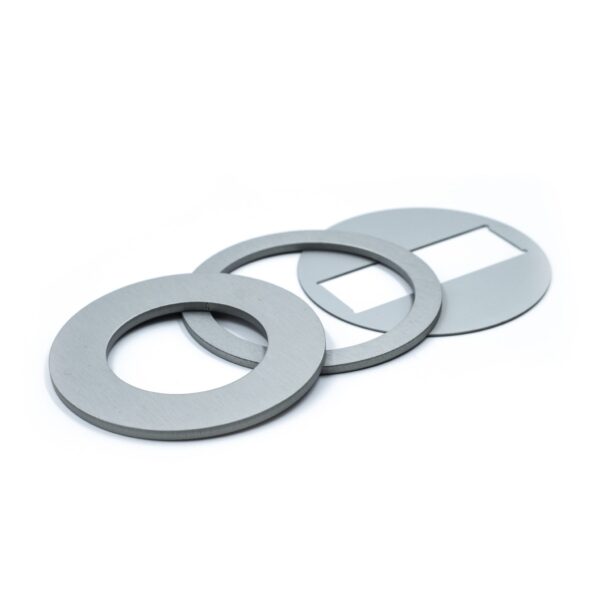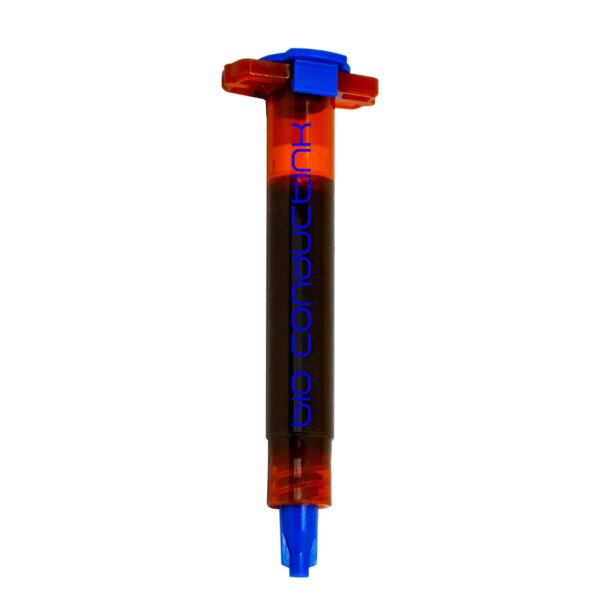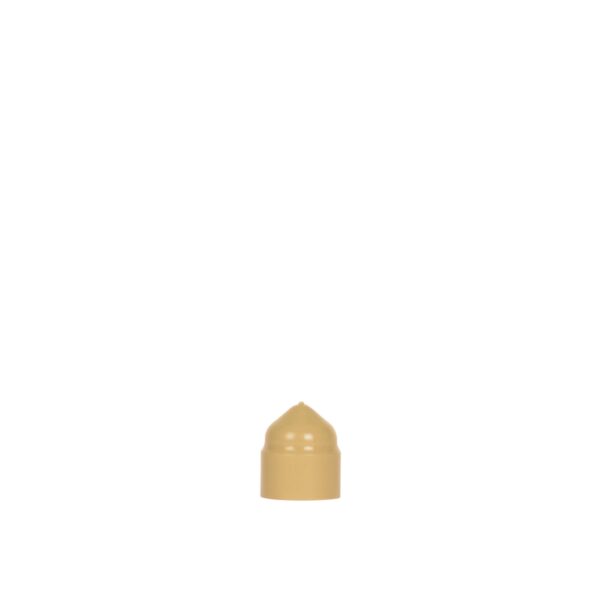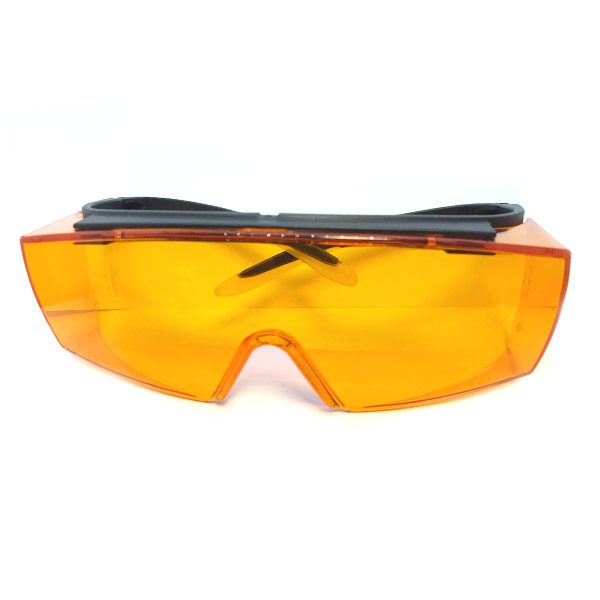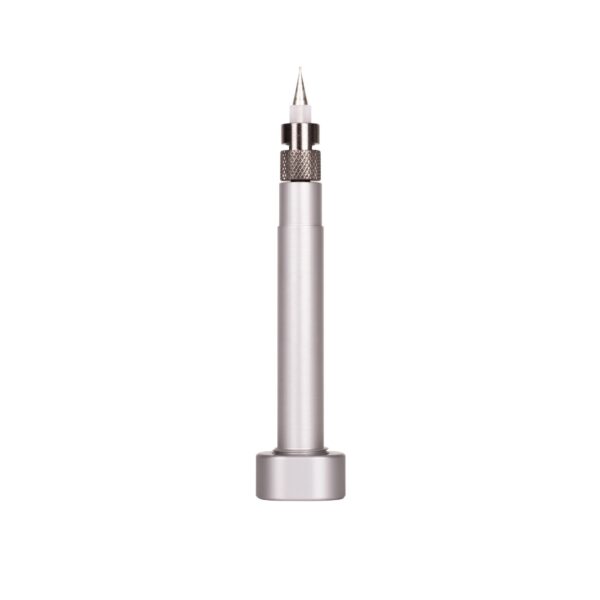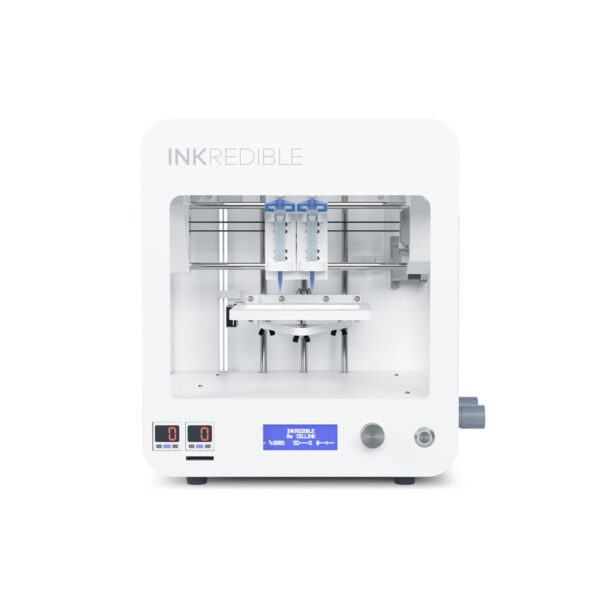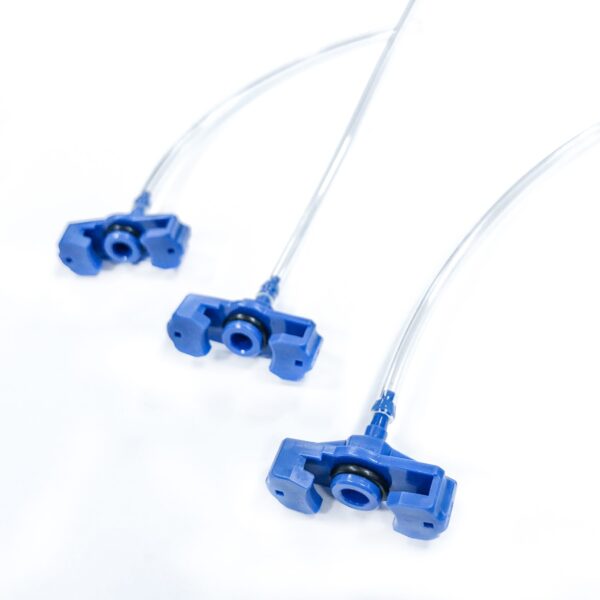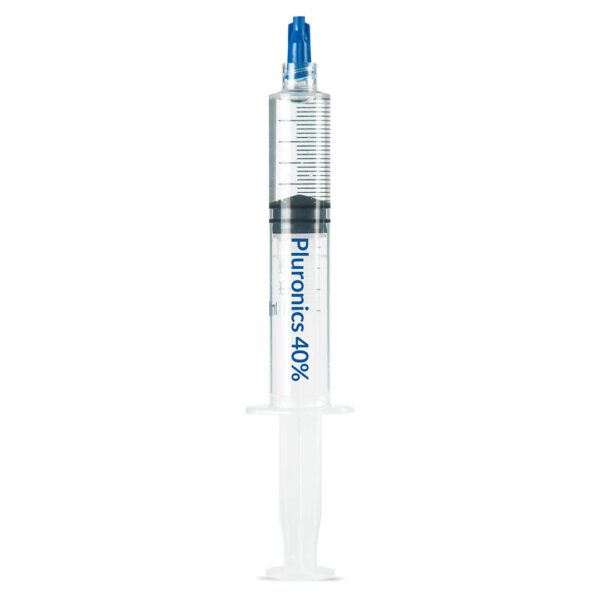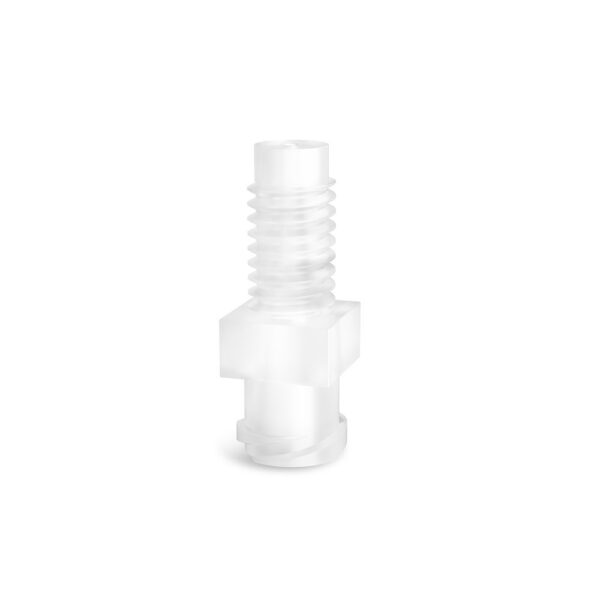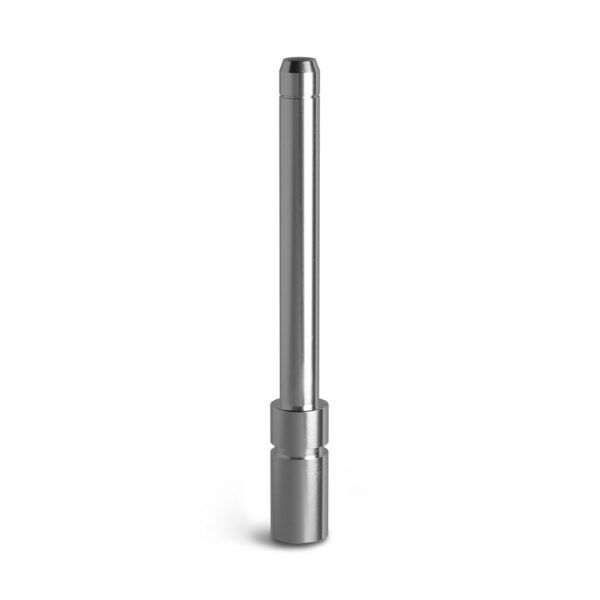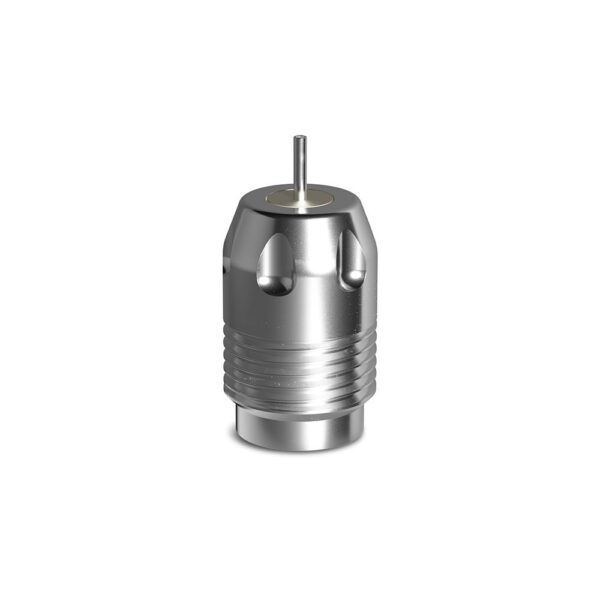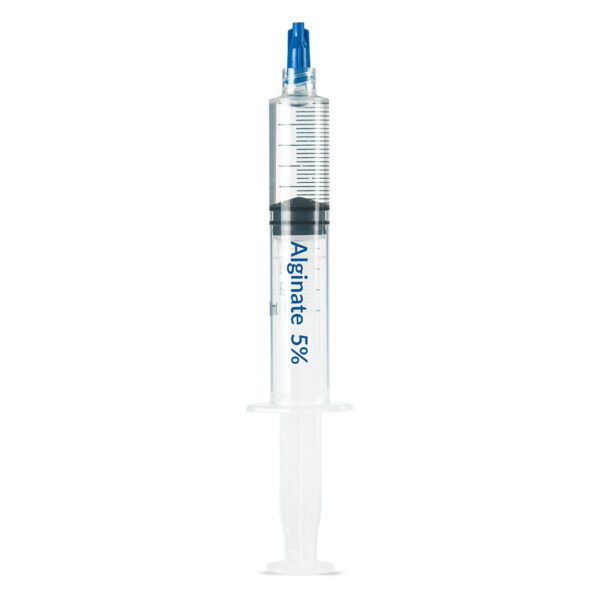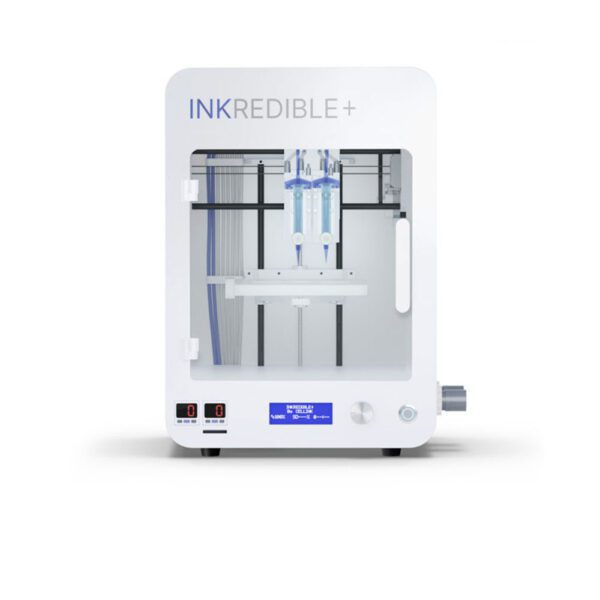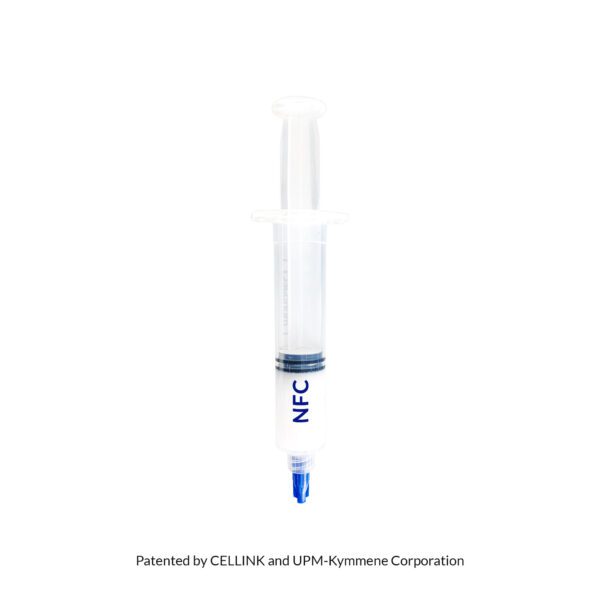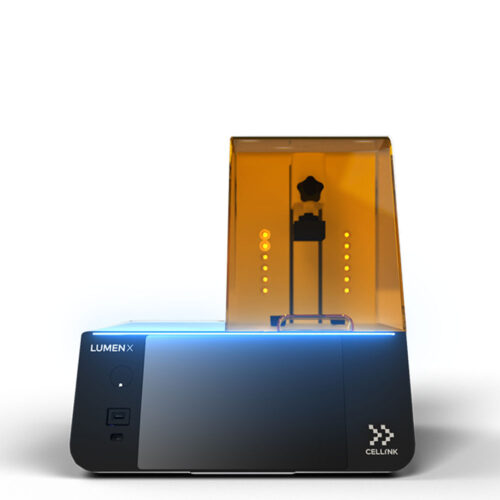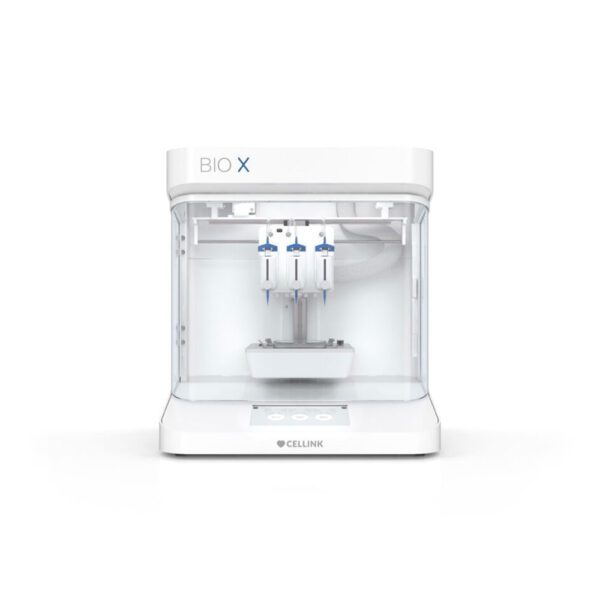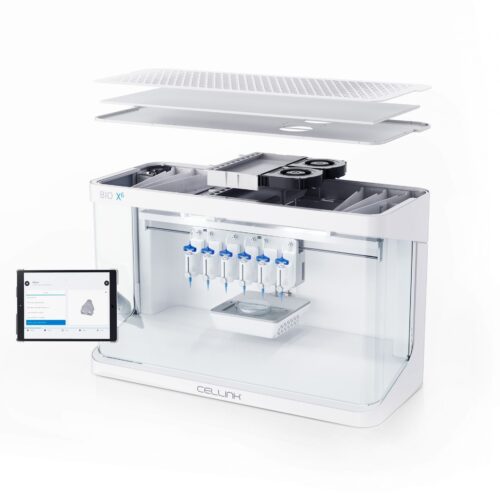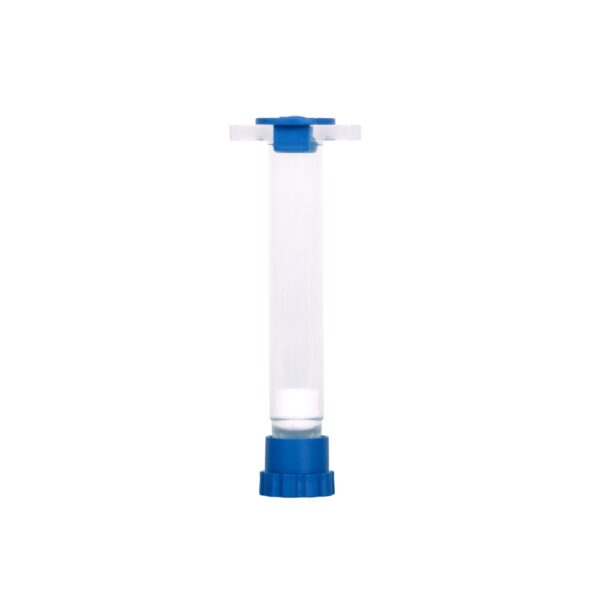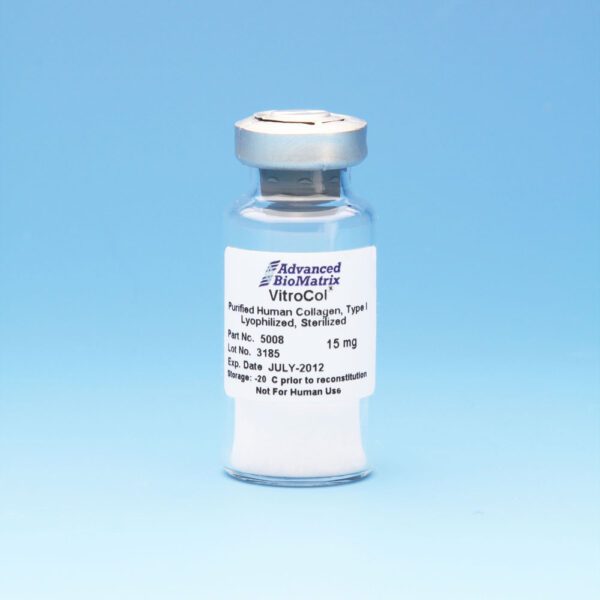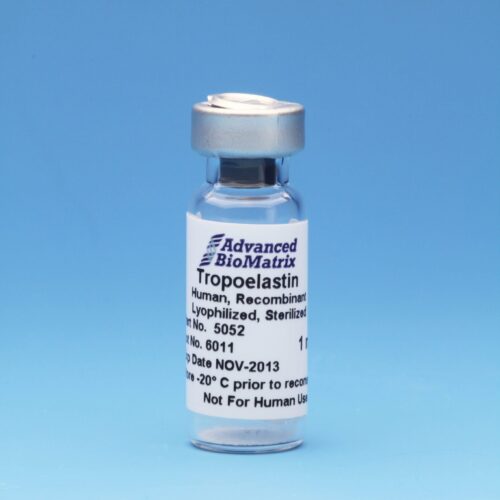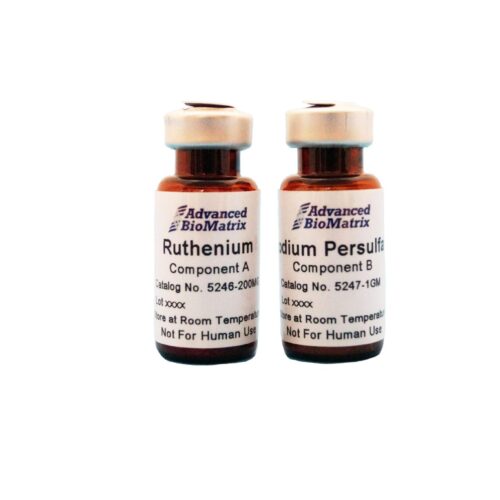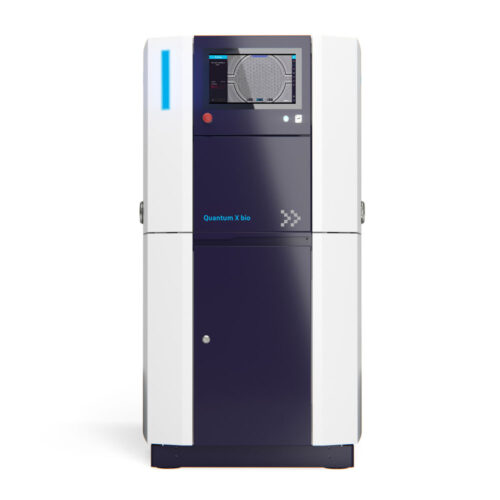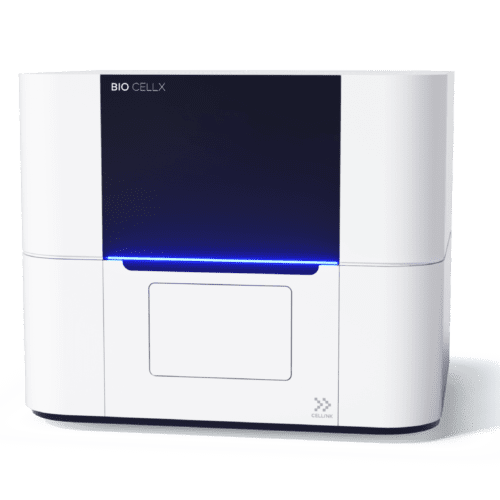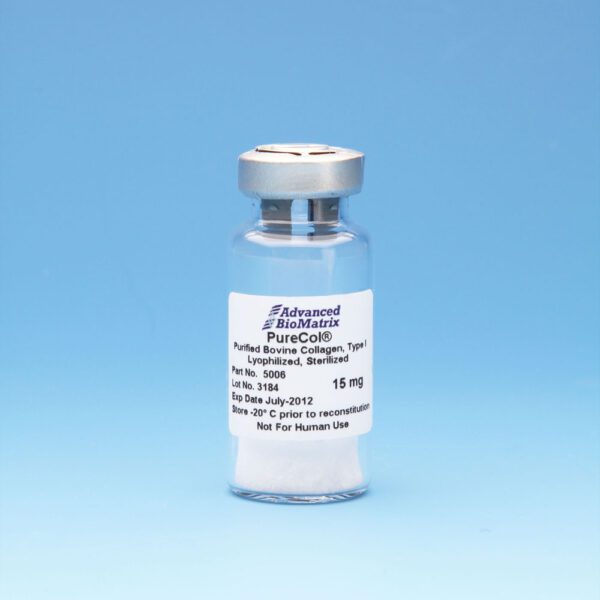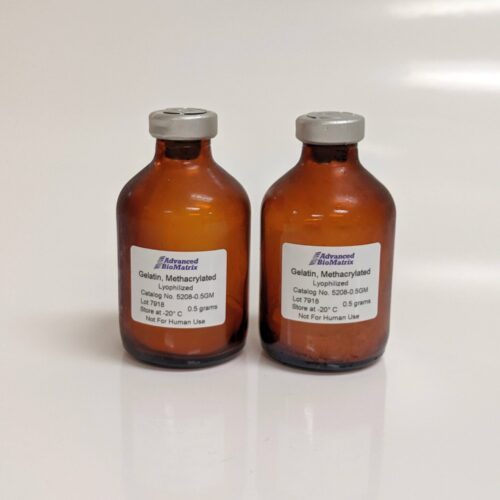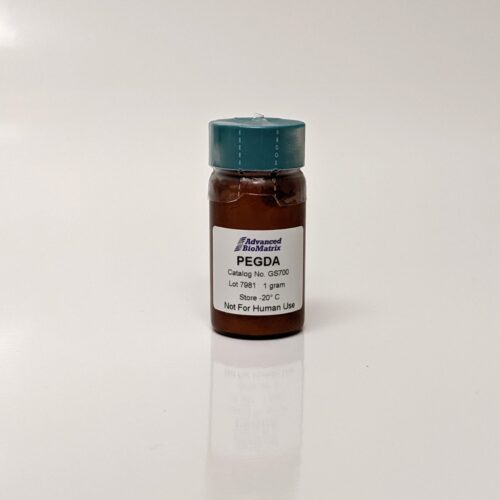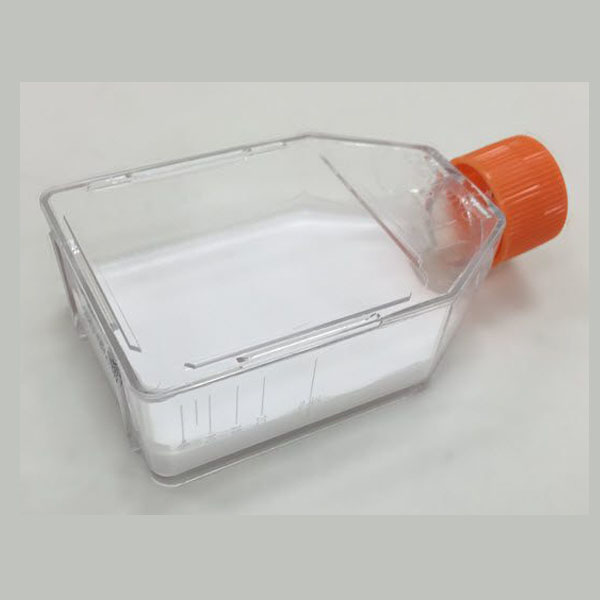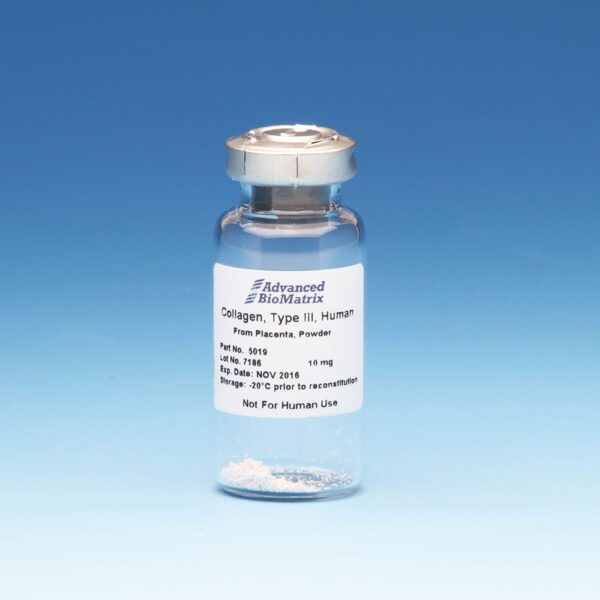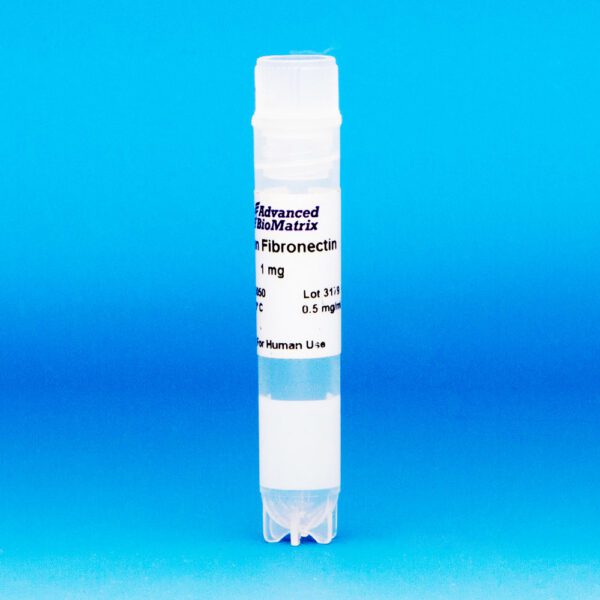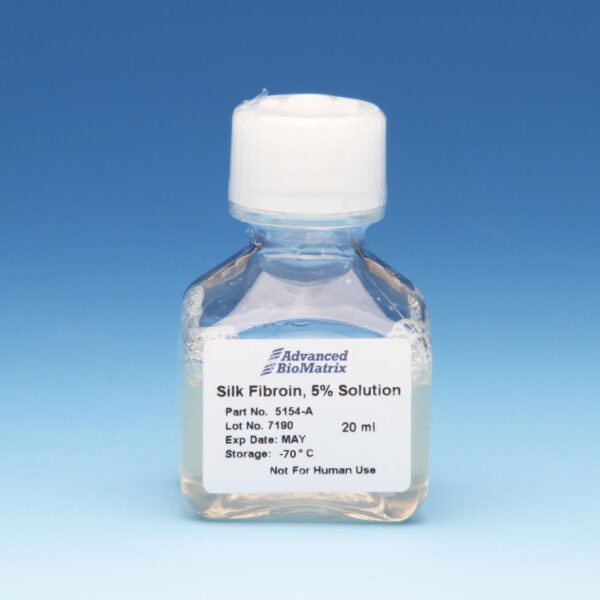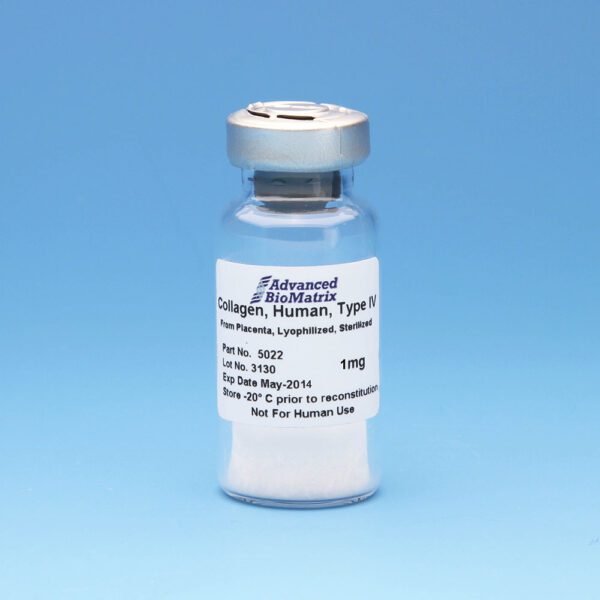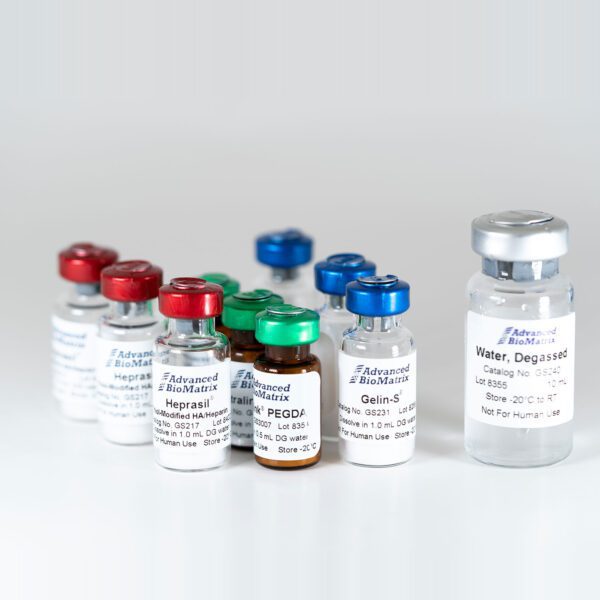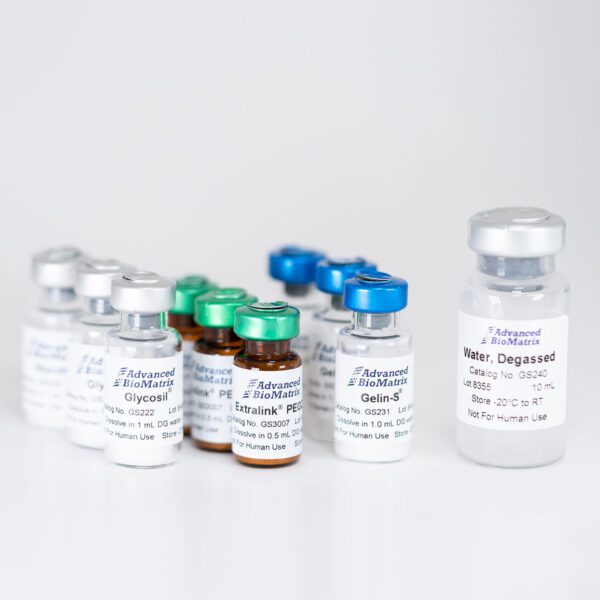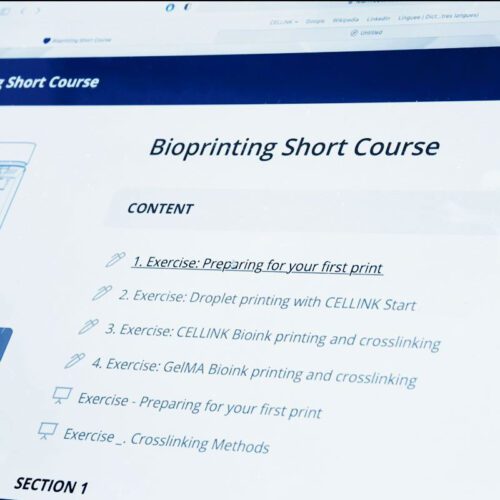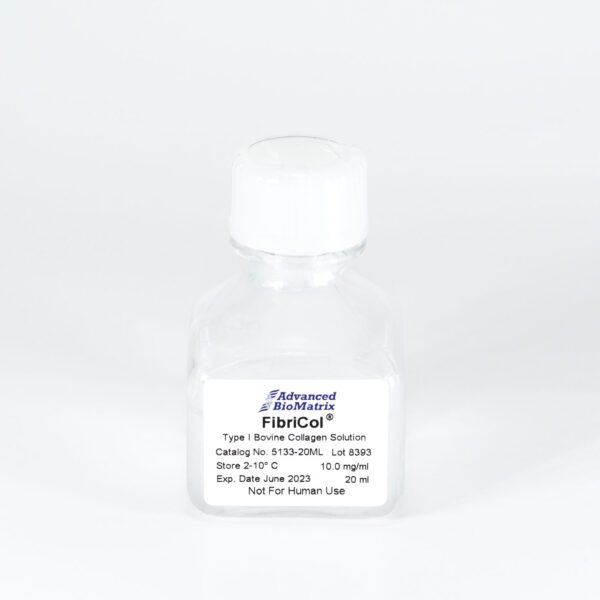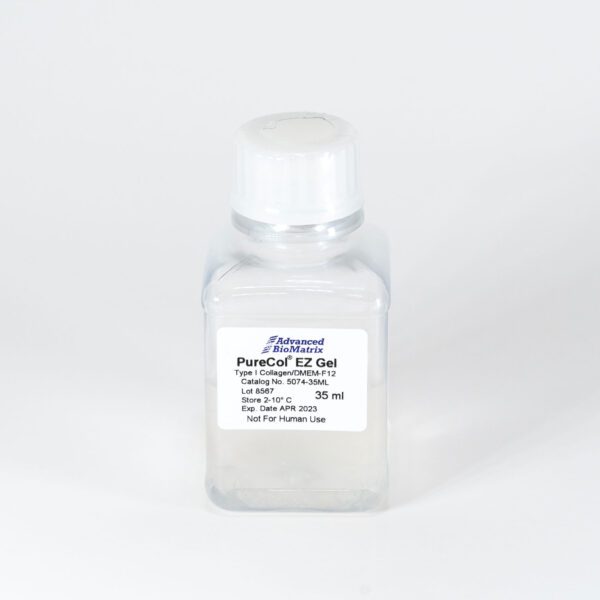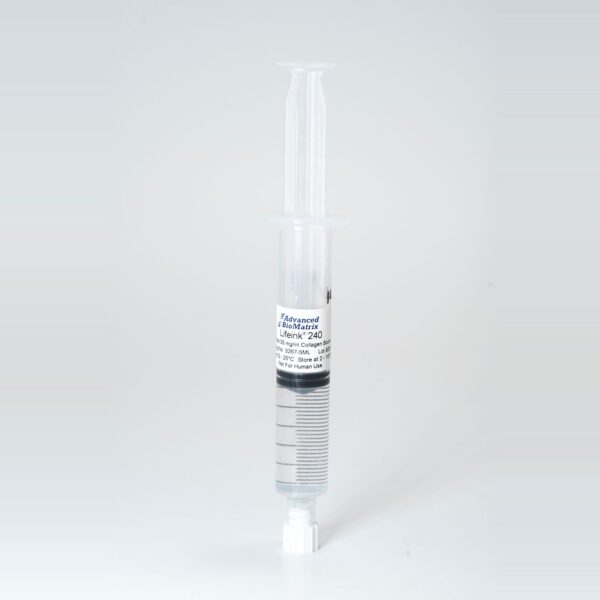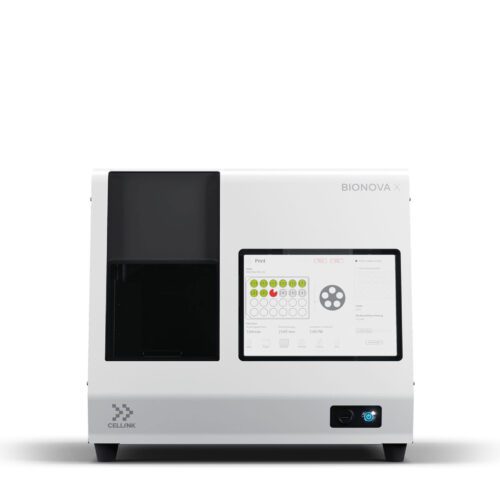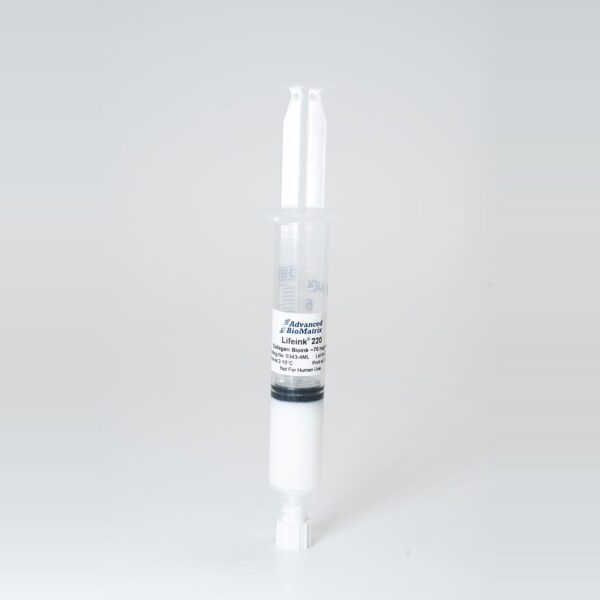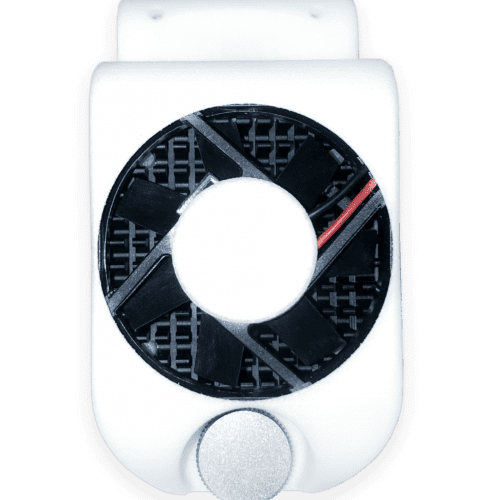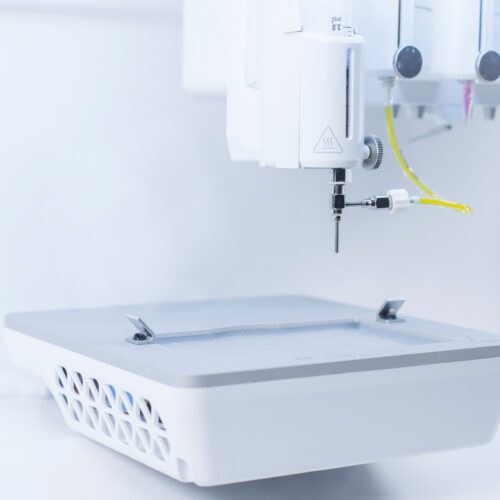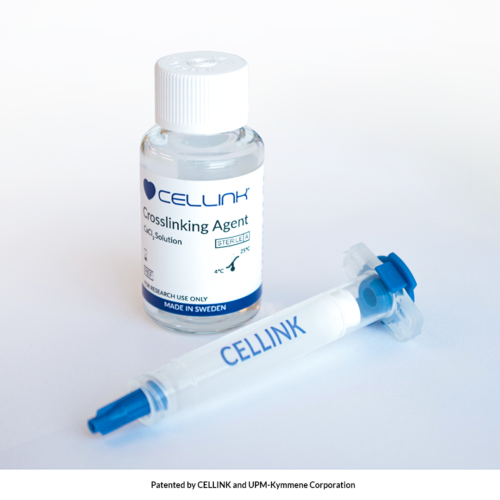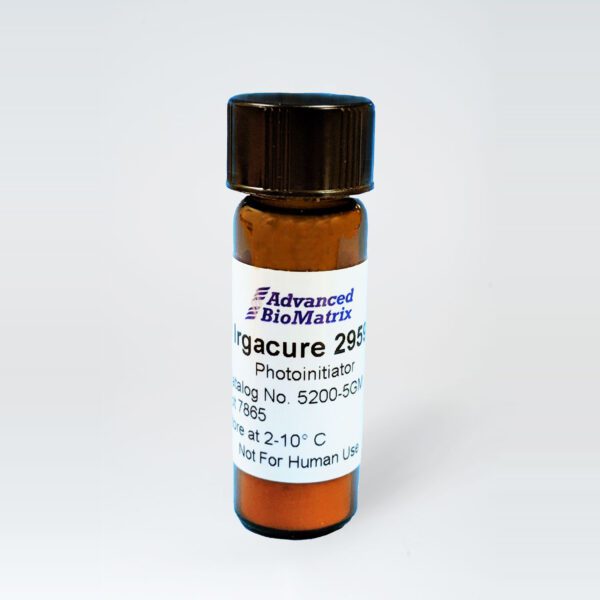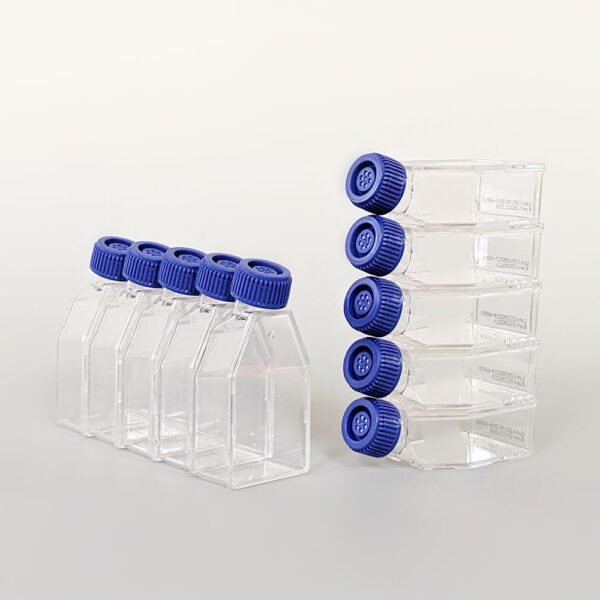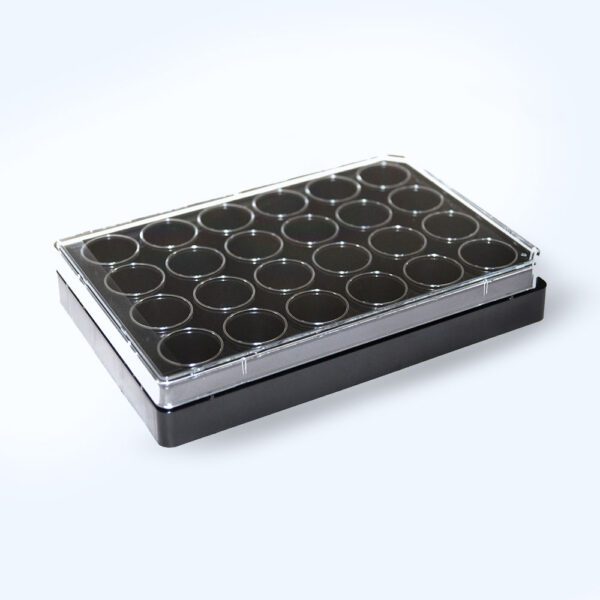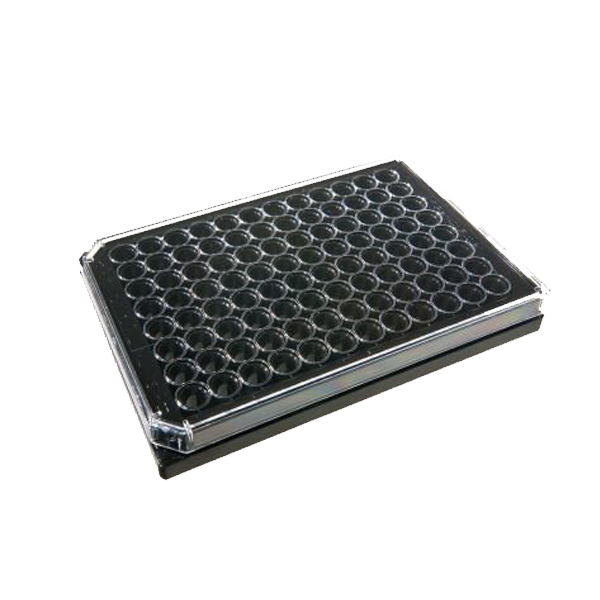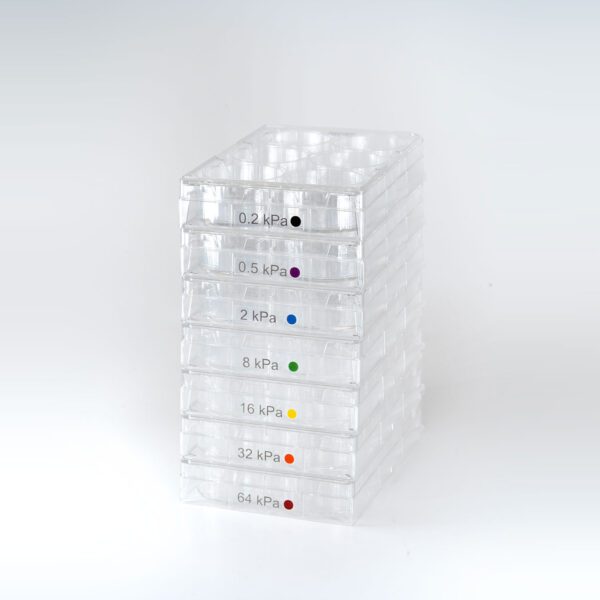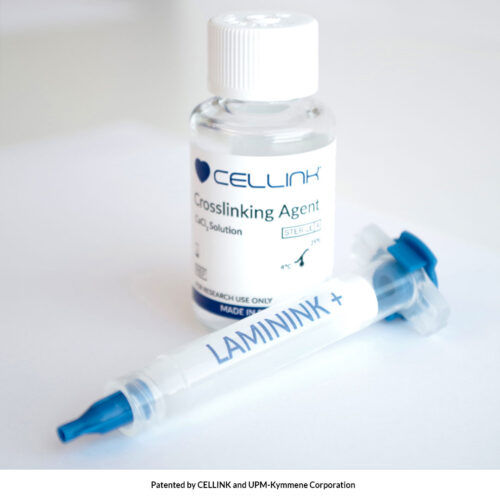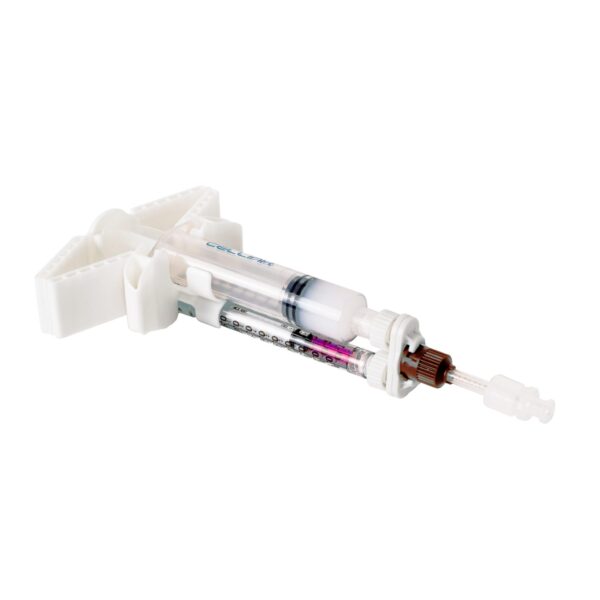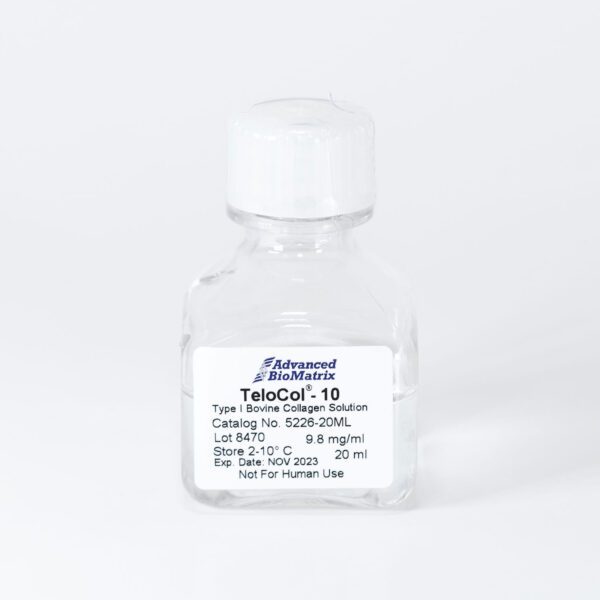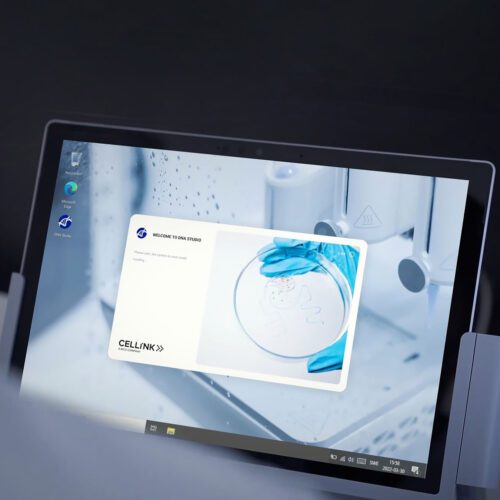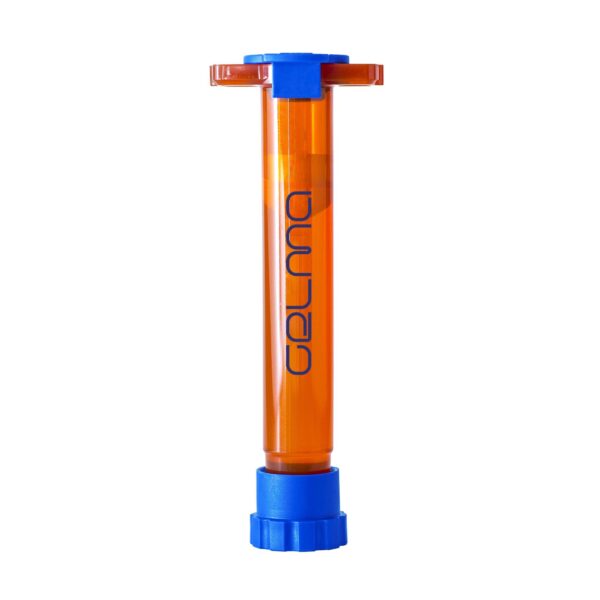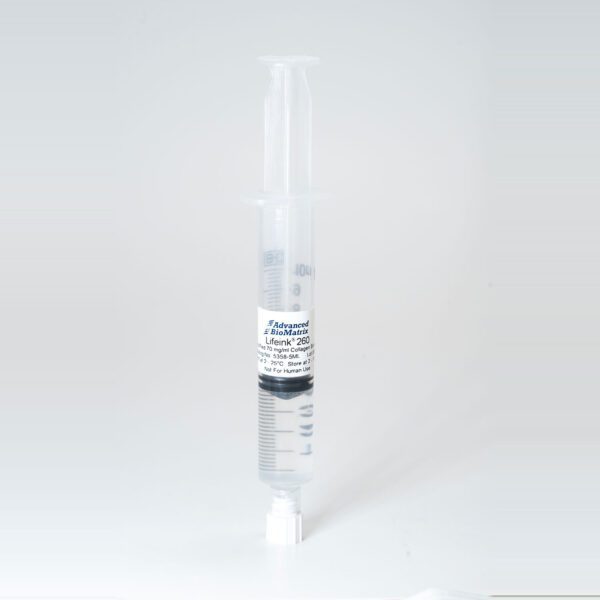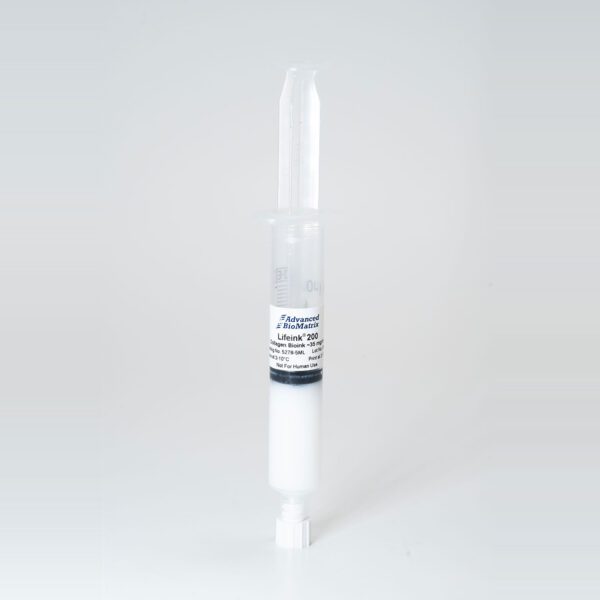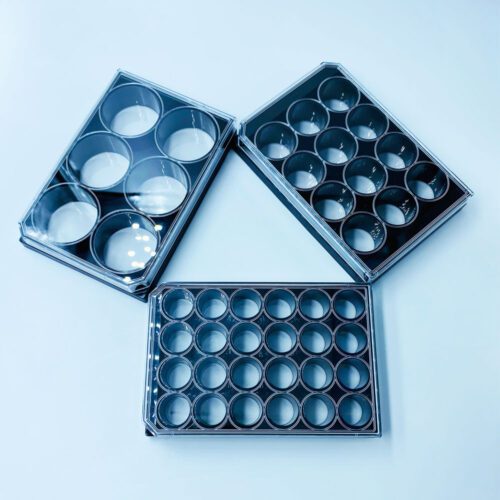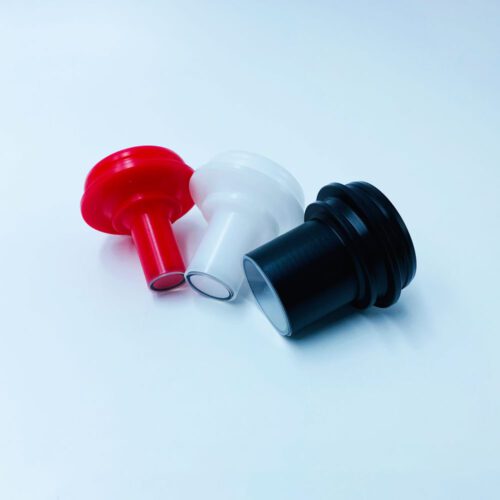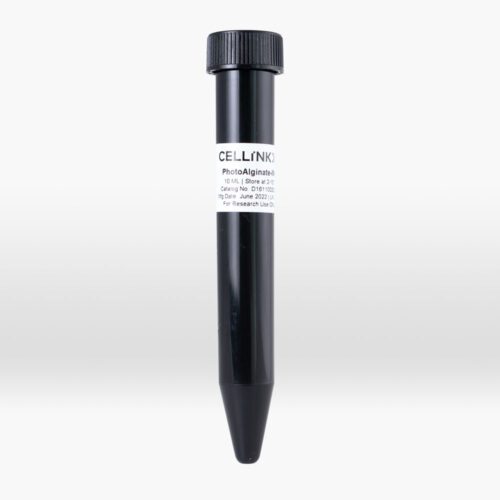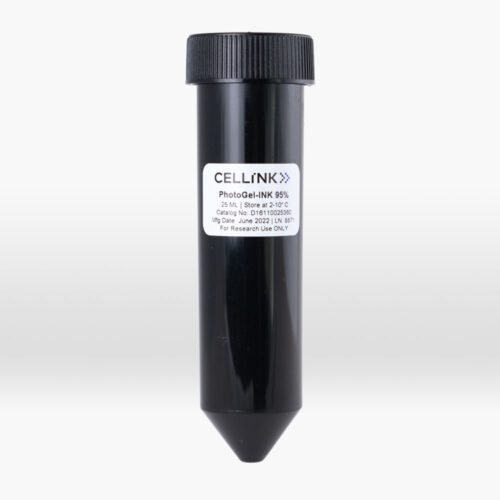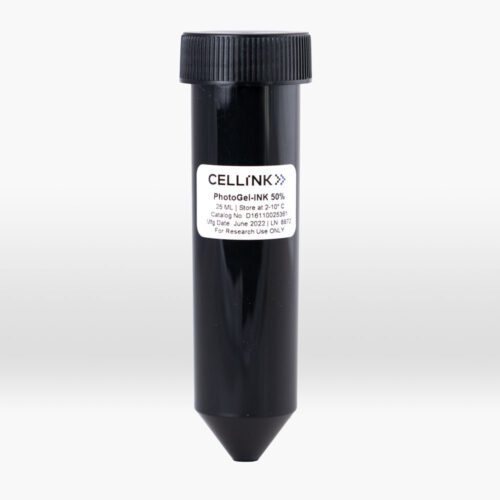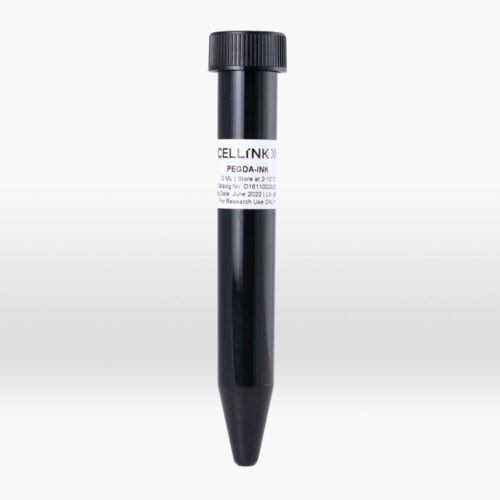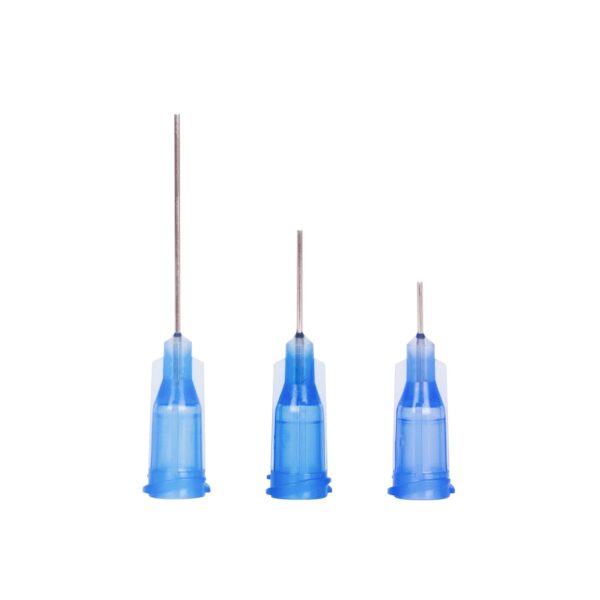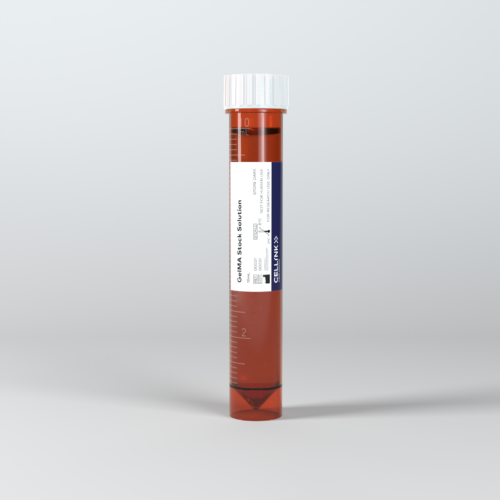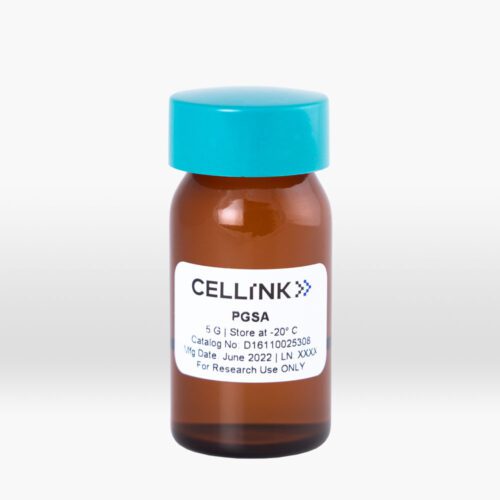Prof. Ashish Suri
Professor and Unit Head, Department of Neurosurgery,
AllMS, New Delhi, India
The team of trainee neurosurgeons at Department of Neurosurgery, All India Institute of Medical Sciences, New Delhi, India performing the pre-surgical training activity.
3D Printing: New Dimension to Medical Simulation
The team of trainee neurosurgeons at Department of Neurosurgery, All India Institute of Medical Sciences, New Delhi, India performing the pre-surgical training activity
All India Institute of Medical Sciences, New Delhi, India use Stratasys 3D Printing technology to develop Skull-Base Neurosurgical Simulators for Craniotomy and Neuro-endoscopic surgery.
In order to provide the access to better training, Prof. Ashish Suri, Professor and Unit Head, Department of Neurosurgery, and Chief Investigator, Neuro-engineering Lab, AIIMS, New Delhi, India showed courage, determination, and strong vision and brought 3D printing technology to the medical simulation program in 2013. Stratasys Polyjet 3D Printing gives a pathway to the Neurosurgery Skills Training Facility at AIIMS New Delhi, India to improve presurgical planning and research.
Prof. Suri has seen this Stratasys Polyjet 3D printing technology as an essential tool to fulfil the goals of research and education for clinicians, and setup a 3D Neuro-Anatomy Lab to create realistic anatomical models. The lab is equipped with Stratasys Dimension (FDM 3D Printing) (DST- Department of Science and Technology, Government of India), Multi-color & Multi-material Connex 3 resin 3D printer (DBT- Department of Biotechnology, Government of India), and J750 Digital Anatomy Printer, a leading 3D Printer in healthcare to produce human bone and tissue models that demonstrate clinically validated realism in both feel and biomechanical performance.
AIIMS 3D Neuro-Anatomy lab with Stratasys Digital Anatomy, Connex 3 and FDM based 3D printers.
“Neurosurgery is one of the most technically demanding medical profession that warrants a high level of expertise. 3D printing has given medical simulation education a new dimension to acquire and improve surgical skills and knowledge in a controlled environment with no risk to the real patient”
Prof. Ashish Suri,
Professor and Unit Head,
Department of Neurosurgery, AllMS, New Delhi, India
Chief Investigator: Neuro-engineering Lab, AIIMS, New Delhi
AIIMS 3D Neuro-Anatomy lab with Stratasys Digital Anatomy, Connex 3 and FDM based 3D printers.
Simulation in Neurosurgery: Past, Present and Future
The Challenge
Neurosurgery is one of the most technically demanding medical professions that warrants a high level of expertise. Learning through experiments has its own historical roots in simulating the real-life situations to tackle problems and reduce errors.
In the medical field, cadaveric dissection was probably the earliest effort of simulating real-life surgeries which were based on the dissections of live and dead animals, mostly pigs, primates, etc and human cadavers. Later due to the prevalent social stigma, legal and religious misconceptions, and monetary constraints, limited the usage of cadaveric models and encouraged the development of synthetic physical models for medical education. In-spite of many such developments these synthetic models were unable to give a great degree of realism.
3D Printing in healthcare is emerging as an advanced tool for the development of high-fidelity neurosurgical simulator models. With advance 3d printing materials and 3d printing software Stratasys Digital Anatomy Multi-material resin 3D printer has the capability to fabricate high-fidelity multi-texture models for planning and training of operative procedures. It will enable the neurosurgeons to develop a clear visualization of the operative anatomy, thus improving pre-operative planning through interaction with a patient-specific model.
Neurosurgical Simulation: Craniotomy Simulator
Providing Access to Training for Better Outcomes
A craniotomy simulator for teaching craniotomy procedures was developed using the Digital Anatomy 3d printing machine. The task was to train the surgeon on the microscopic high-speed drilling procedure to create a burr hole in the skull and to remove the flap of the bone from the skull to expose the brain. The J750 DAP industrial 3D printer was used to fabricate the bone surrogates. Pre-defined anatomical presets in the GrabCAD Digital Anatomy 3d printing software help us to mimic the actual anatomical structure of the human tissue. Materials used in 3d printing are resins and combination of using different material like Bone Matrix, Tissue Matrix, and Agilus helps us to mimic the biomechanical properties of the anatomy. The drilling activity includes making four burr holes, four linear lines, and two diagonal lines. The outer body and base plate were fabricated in polymer material using Connex Polyjet resin 3D printer and the drilling patches were fabricated using Digital Anatomy industrial 3D printer. The validation by participants shows that the simulator was found to be a useful tool for developing neurosurgical drilling skills.
“The 3D Printed training models allow trainee surgeons to practice the surgical procedure with varying degrees of visual feedback without any risk to the patient. It also allowed them to understand the relevant complex anatomy and master the technique along with the feasibility of the assessment while performing the simulation procedure.”
Prof. Ashish Suri,
Professor and Unit Head,
Department of Neurosurgery, AllMS, New Delhi, India
Chief Investigator: Neuro-engineering Lab, AIIMS, New Delhi
Physical training models for ex vivo study on animal tissue like sheep’s head and scapula for drilling practice.
Anesthetized live animal like rats for practicing nerve and vessel anastomosis.
Cadaver neuroanatomy module at Neurosurgery Skills Training Facility at Neurosurgery Education and Training School, AIIMS New Delhi.
Neuro-Endo-Trainer
The neuro-endo box trainer is based on a pick-and-place mechanism that provides the training for basic fundamental skills using standard variable-angled neuro-endoscopes. The neurosurgical trainee has to pick and place one of the six rings in a predefined pattern under the assistance of technical personnel. The activity performed is subdivided based on the tools and the rings. The whole activity is monitored using video processing that includes the tooltip tracking, background segmentation, and ring segmentation. The Neuro-Endo-Trainer device is produced via FDM 3d printing technology in Industrial standard ABS thermoplastic 3d printing material.
Prof. Ashish Suri (Professor and Unit Head, Department of Neurosurgery & Chief Investigator, Neuro-engineering Lab, AIIMS, New Delhi, India) teaching the Neurosurgeon on the 3D printed Neuro-Endo Trainer model for Neuro-Endoscopic surgery.
The need for advances in Surgical Preparation
Two-dimensional models based on CT or MRI data are limited in their ability to show all aspects of the procedure and ultimately there are fewer opportunities for a trainee to achieve competency in standard neurosurgical, microsurgical, and operative techniques. The Neuro-endoscopic technique, demands a unique skill-set and even a small medical error can harm the patient and drive up the healthcare cost. Practice on simulation models like cadavers has been a trend since antiquity; however, recent development in 3D printing in healthcare has given Medical simulation education a new dimension, where the complex pathologies have been transformed into a physical 3D printed models. It has allowed trainees to acquire and improve surgical skills and knowledge in specifically fabricated and controlled settings with no risk to real patients. The simulation also offers the opportunity for deliberate practice and repetition unlimited number of times so that psychomotor skills can be automated.
“Hands-On Surgical Training (HOST) is the future of Medical Education and Stratasys Multi-material, Multi-color 3D printing technology has opened a wide arena for the development of high-fidelity patient-specific models to complement current neurosurgical training”
Dr. Ramandeep Singh,
Scientist – D at Neuro-engineering Lab,
Department of Neurosurgery, AllMS, New Delhi, India
3D Printed Craniotomy Simulator with biomechanical properties of bone.
Trainee performing simulation activity for burr hole, straight and diagonal line drilling.
3D Printed Neuro-Endo-Trainer with flat and angled activity plate having rubberized entry port with 2D digital display screen and camera system.
Neuro-Endo-Trainer performing the training pattern on the 3D printed model for endoscopic endonasal transsphenoidal surgery.
Prof. Ashish Suri (Professor and Unit Head, Department of Neurosurgery & Chief Investigator, Neuro-engineering Lab, AIIMS, New Delhi, India) teaching the Neurosurgeon on the 3D printed Neuro-Endo Trainer model for Neuro-Endoscopic surgery
Publication Date : January, 2023
About Altem Technologies Pvt. Ltd
Altem Technologies is a well-established 3D digital experience company that has been actively contributing to the industry for nearly 15 years. Initially rooted in PLM software and 3D Printing, Altem has successfully transformed into a prominent provider of comprehensive 3D digital solutions. Altem’s 3D Innovation platform offers an extensive array of products catering to various applications, including design, reverse engineering process, asset digitization, prototype manufacturing, life science, healthcare, culture and heritage, and consultancy services, among others.
With a diverse clientele spanning automotive, aerospace, manufacturing, healthcare, research academia, and more, Altem adeptly addresses the unique requirements of each industry through a combination of expertise and innovation. Our team comprises skilled professionals, including Scientists, Application Engineers, Designers, domain experts, and software specialists, all working collectively to deliver exceptional solutions to our valued customers.
Altem Technologies Pvt Ltd, besides being a major provider of 3D Scanning services in India, is also a leading provider of 3D Printing Services in India with 3D Printing technologies like FDM, Polyjet, DLP, Metal, etc. Altem offers a complete solution around 3D Digitization and Innovation, and has emerged as a one-stop-shop for all 3D Printing, 3D Scanning, CAE, PLM, and Life Sciences needs, offering a wide spectrum of products for engineering and life sciences companies in India
